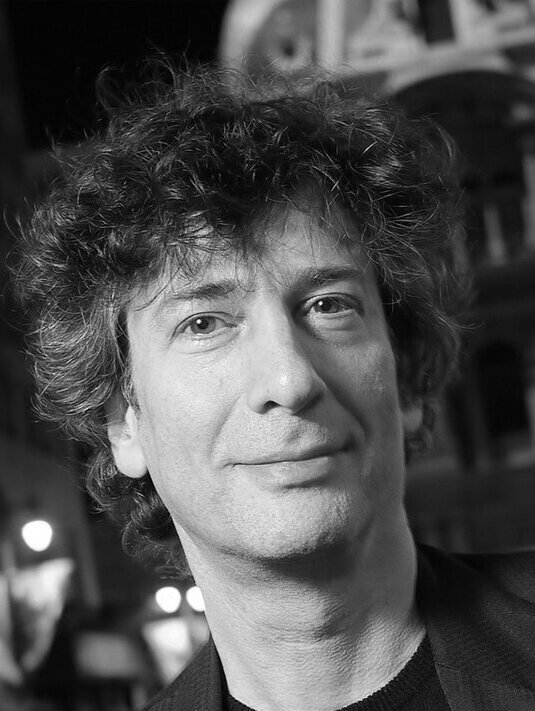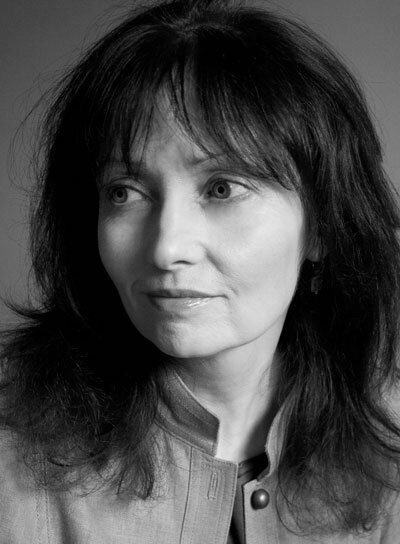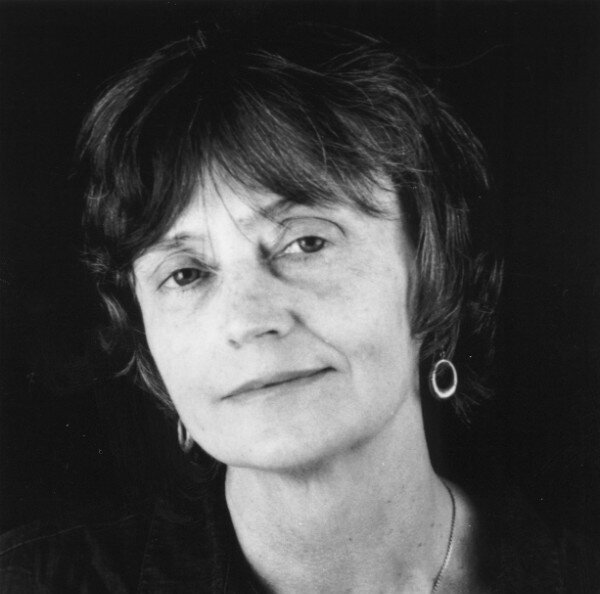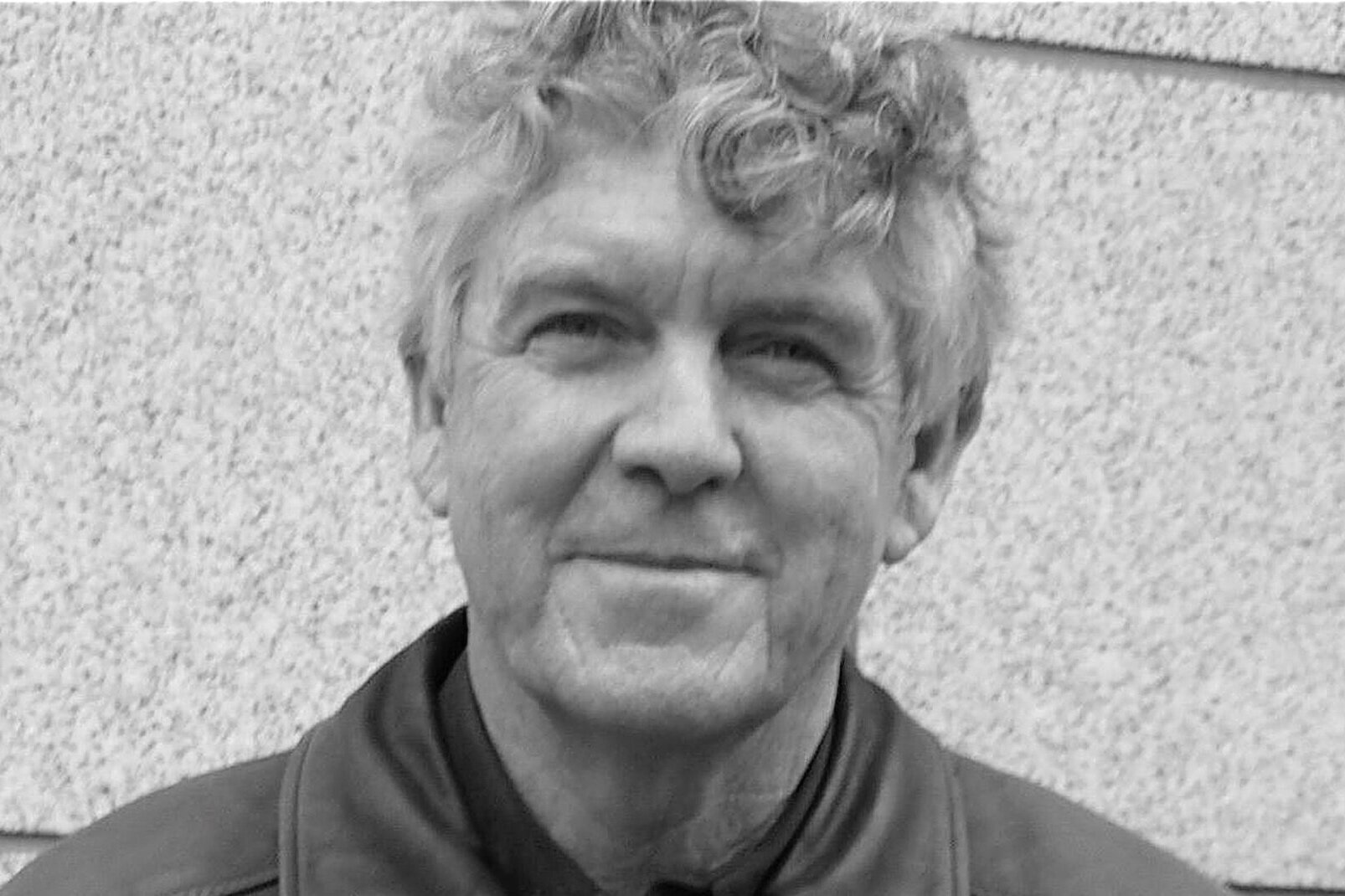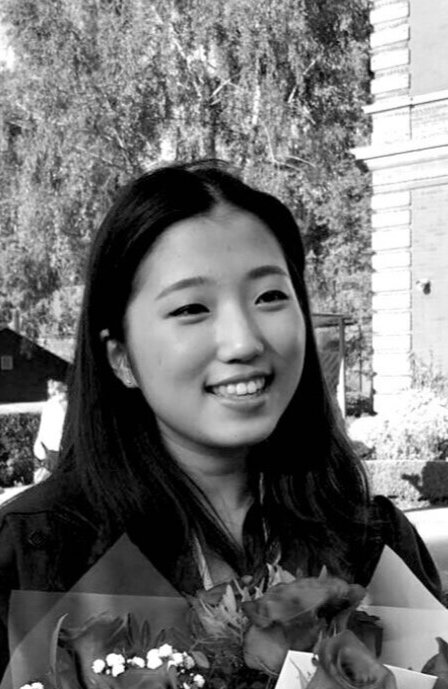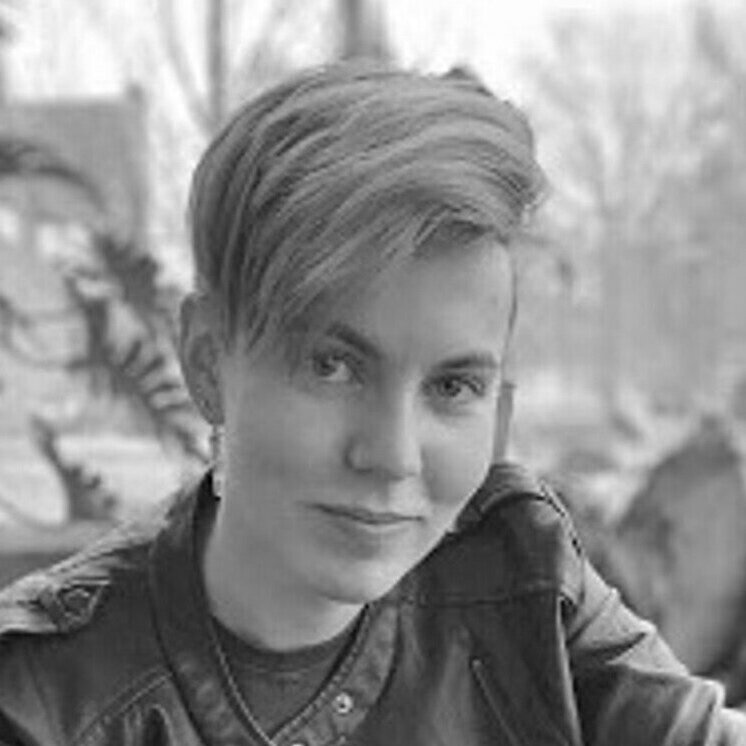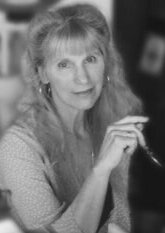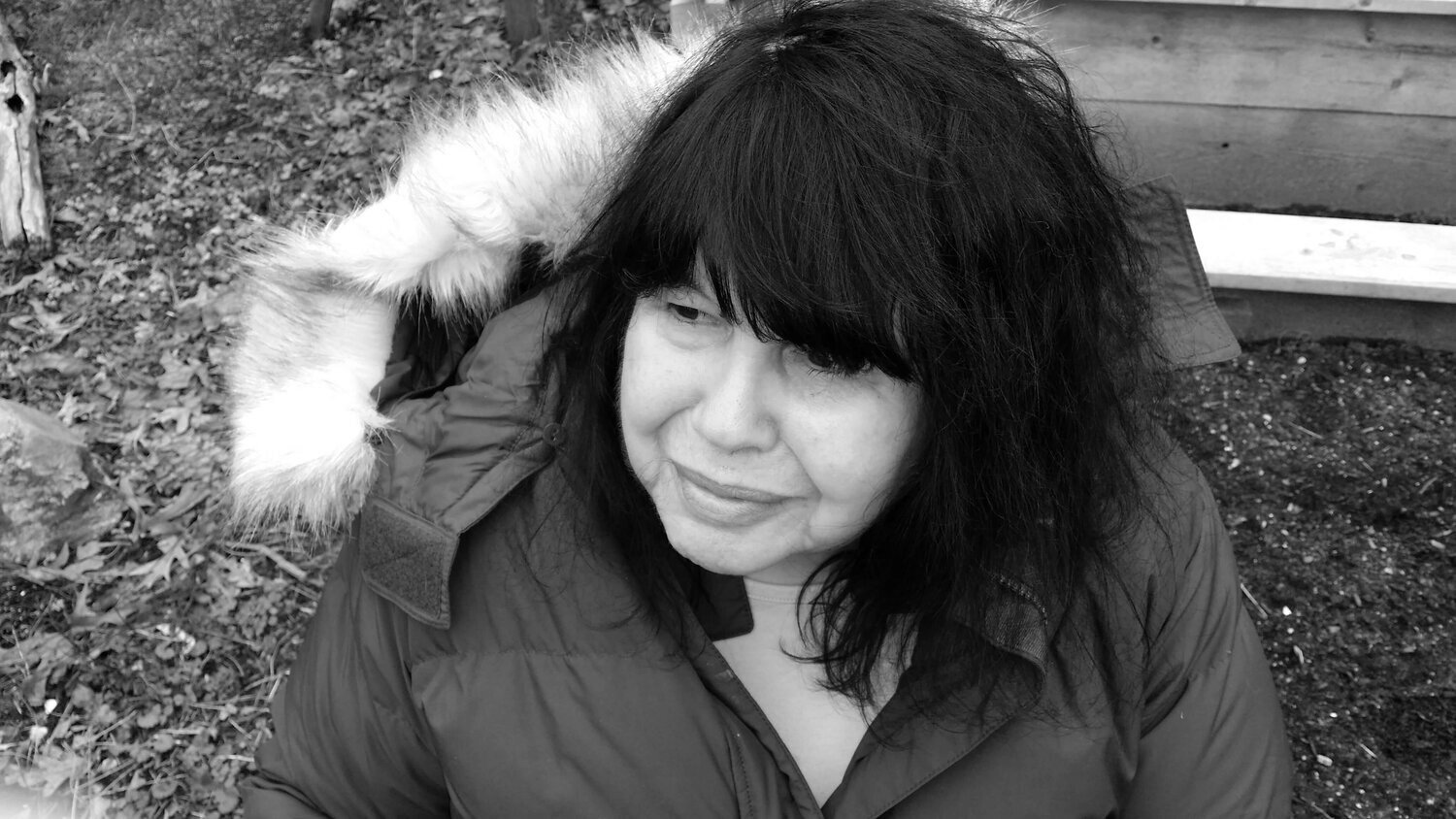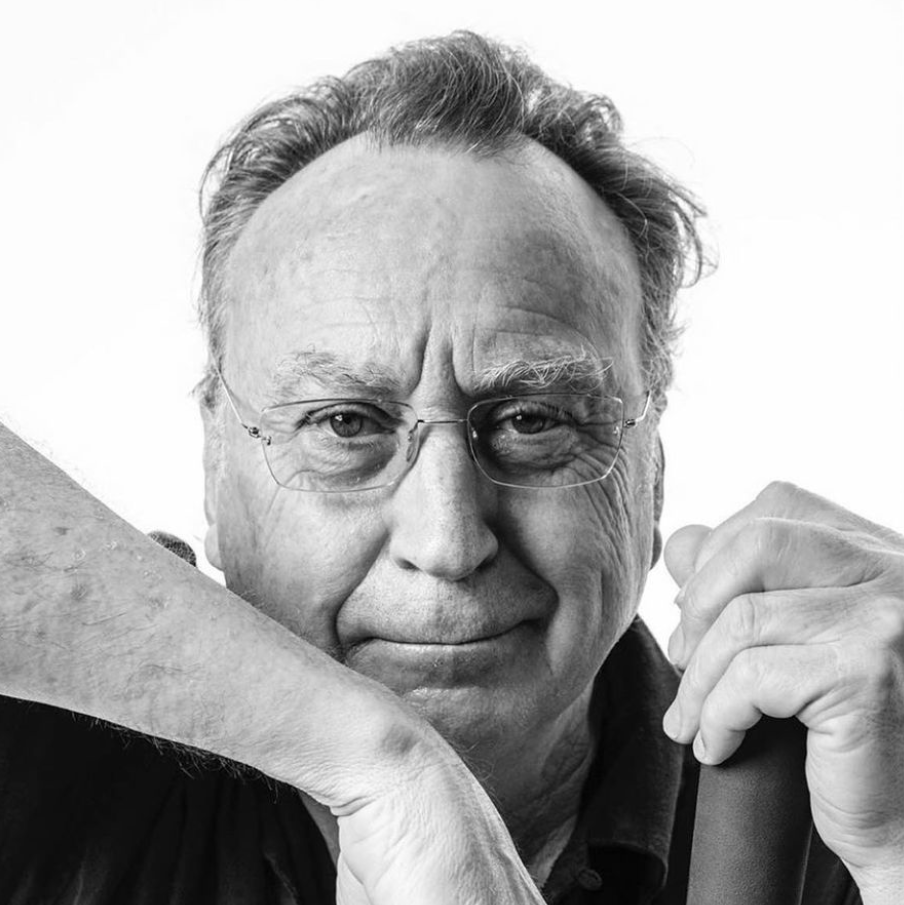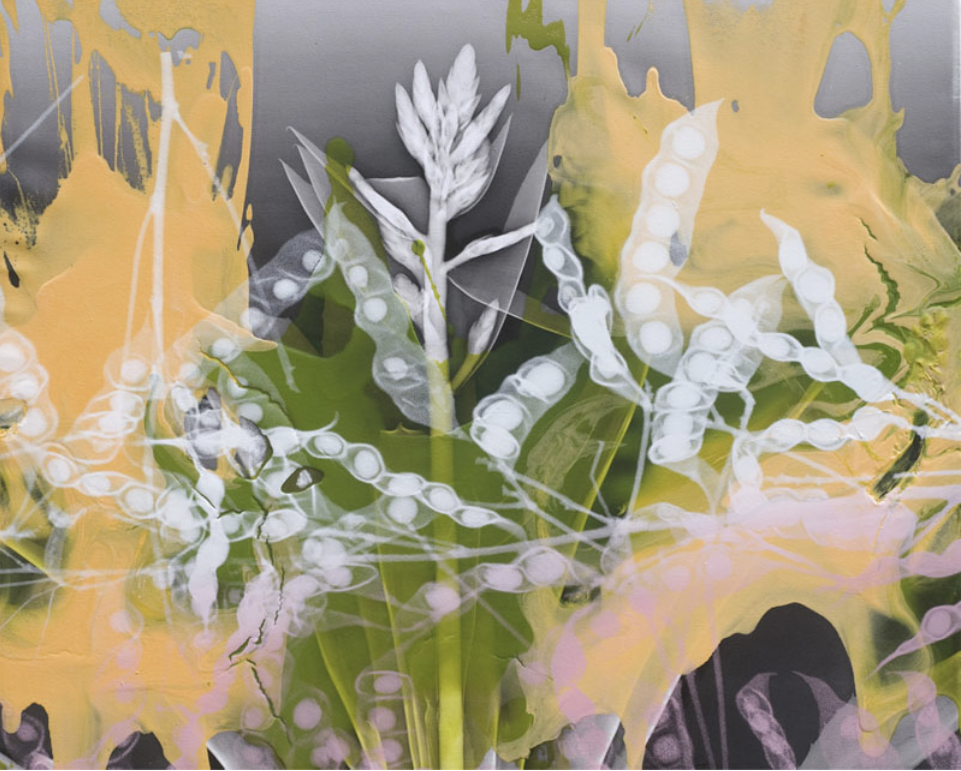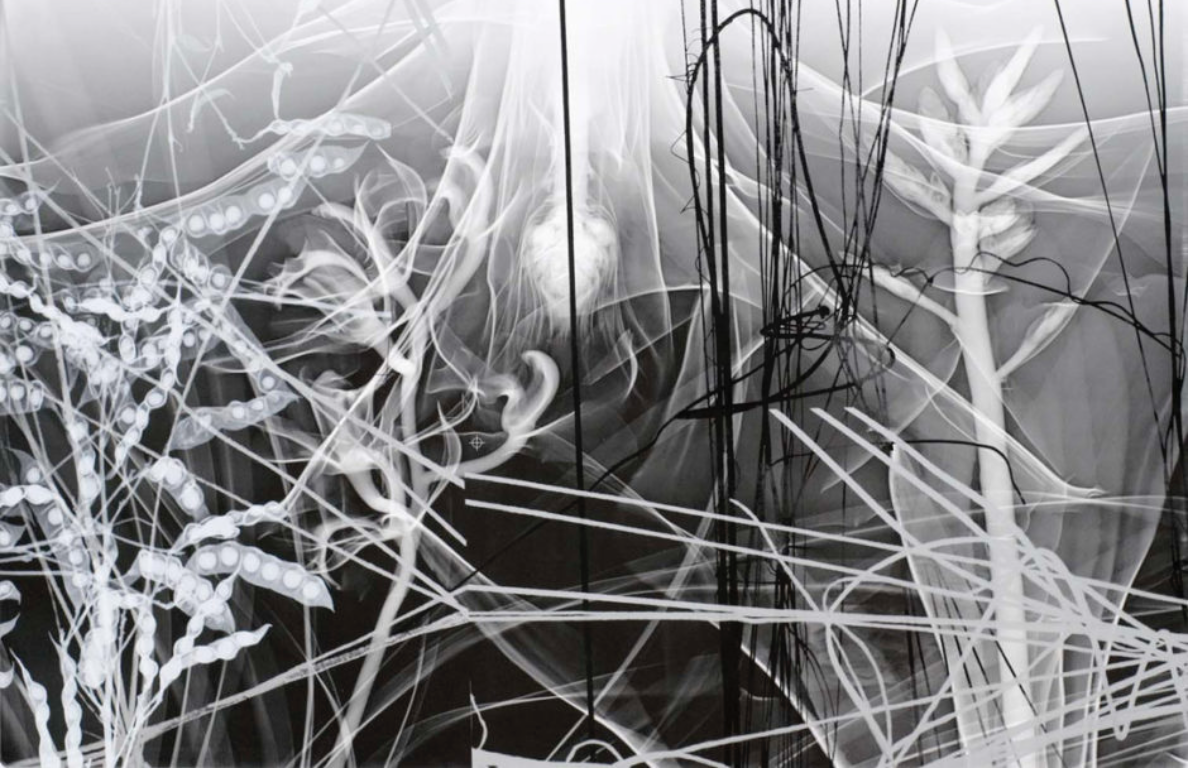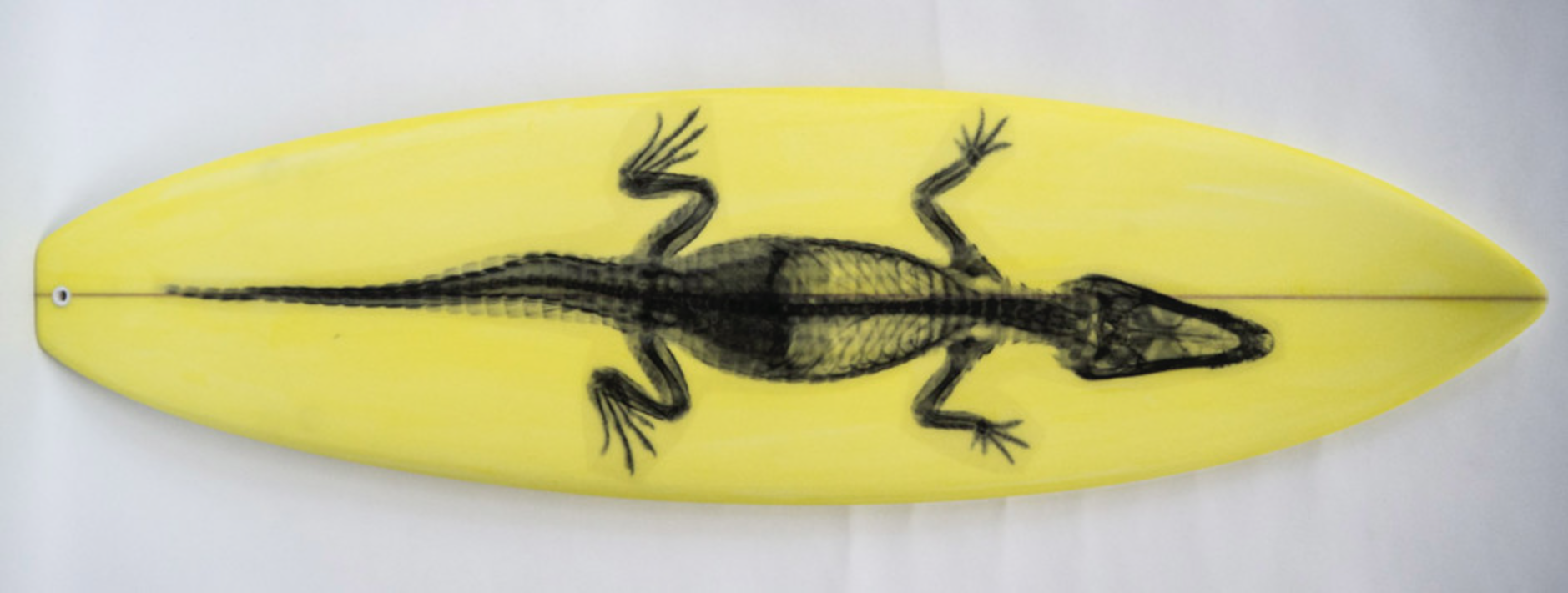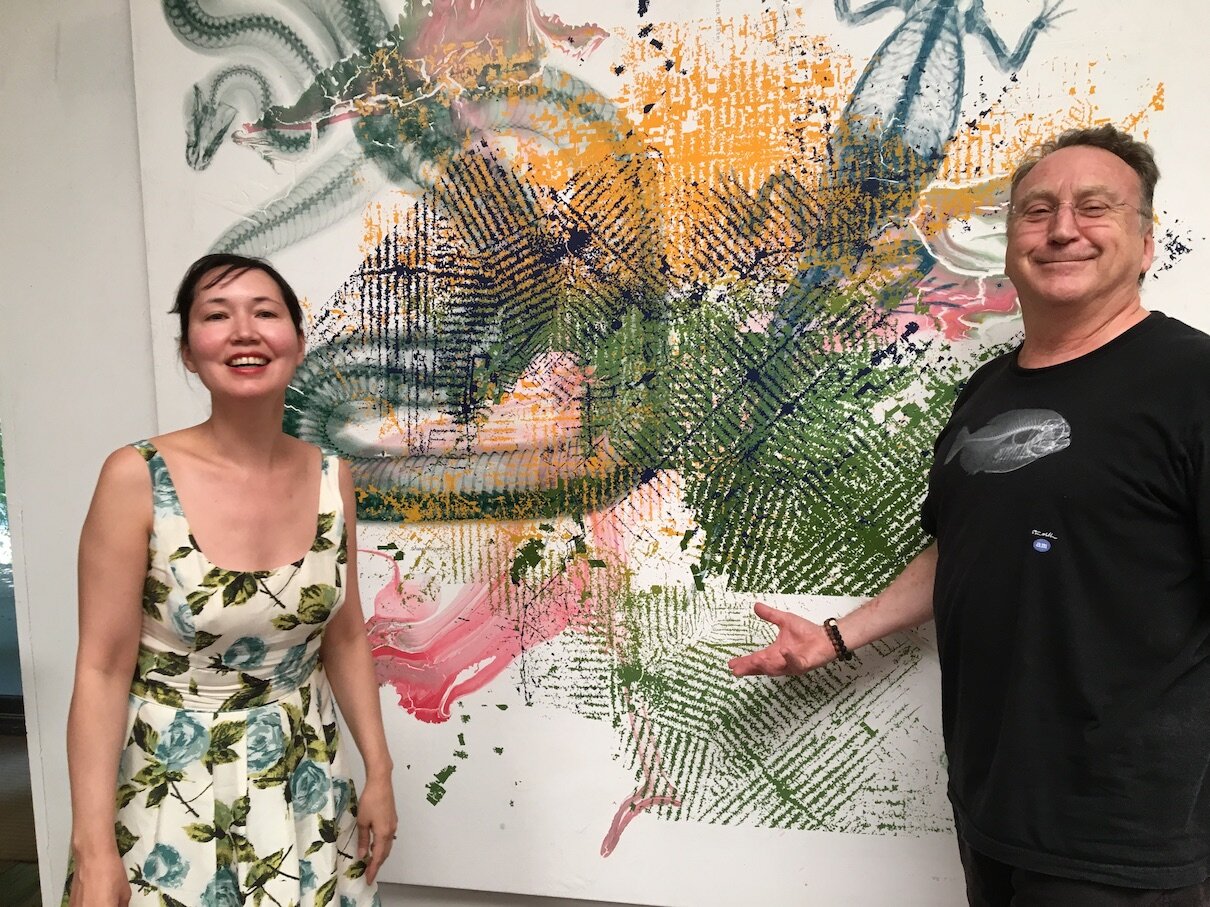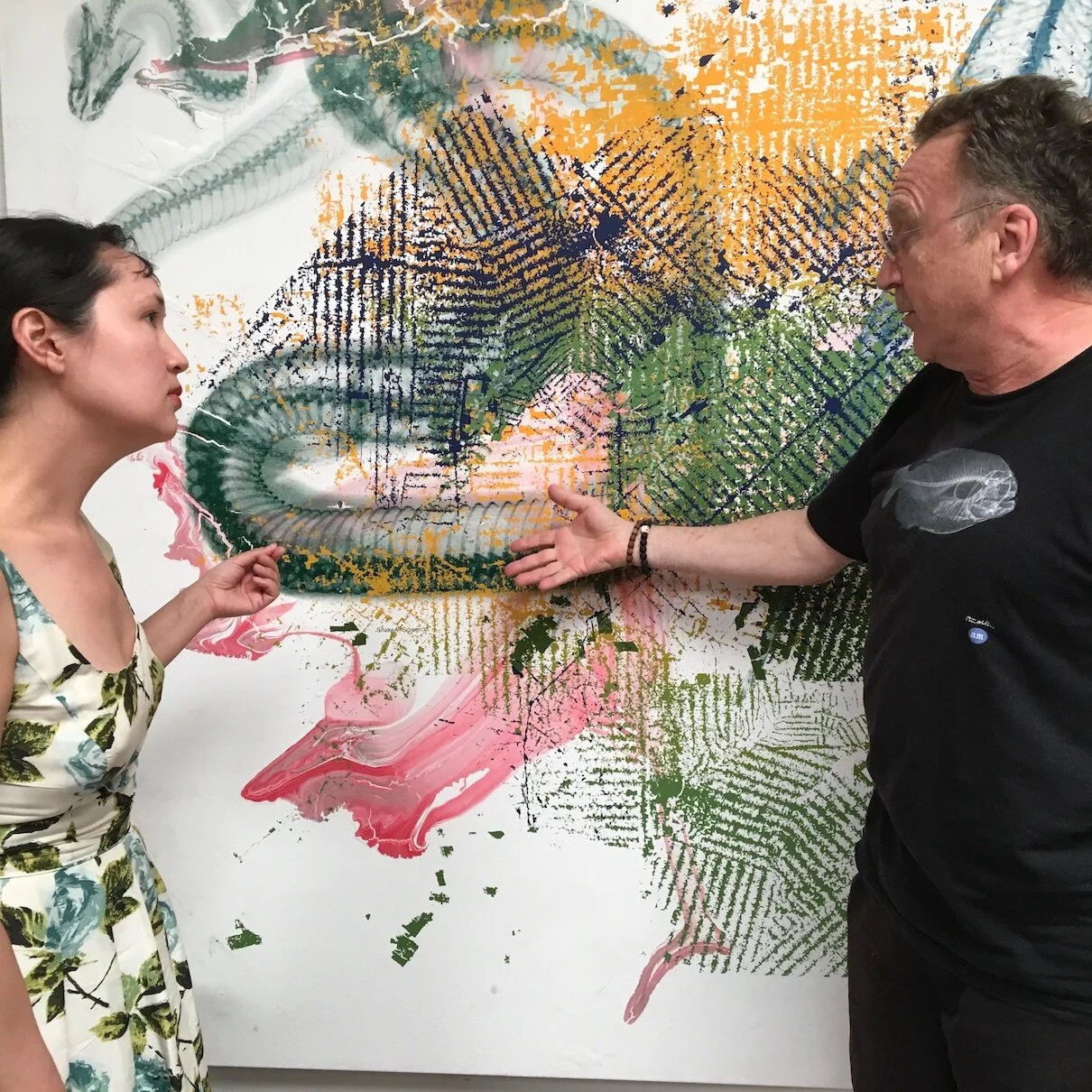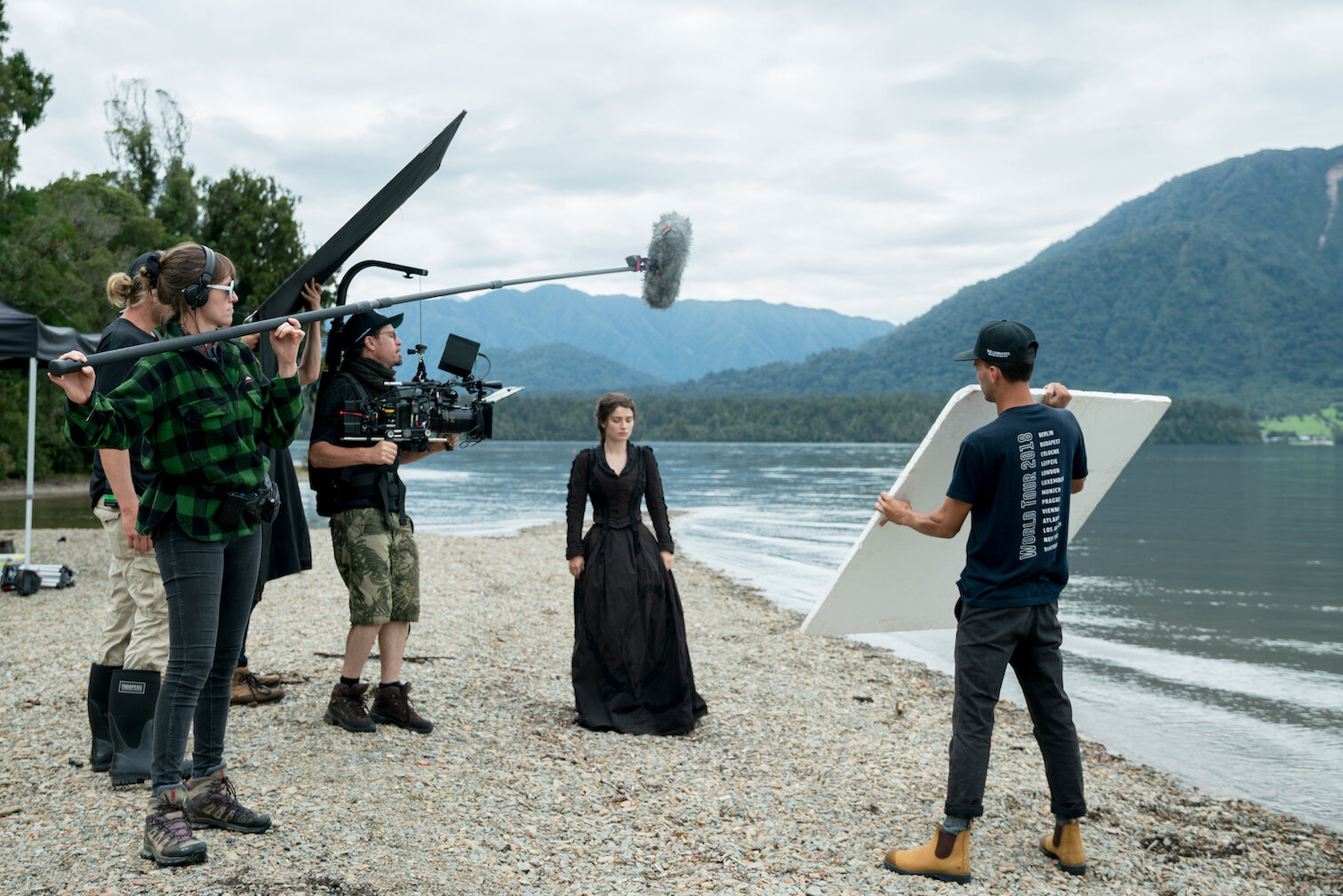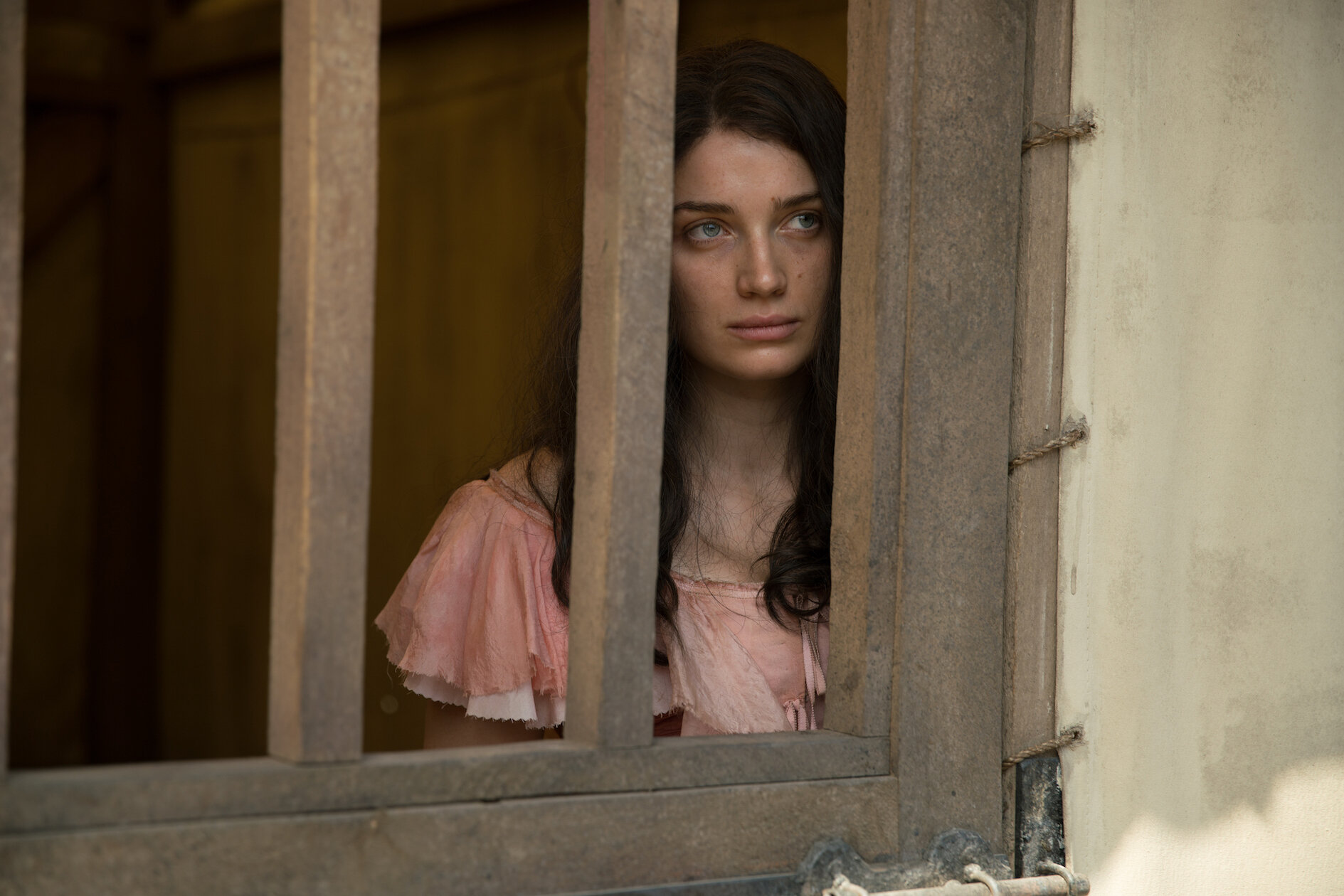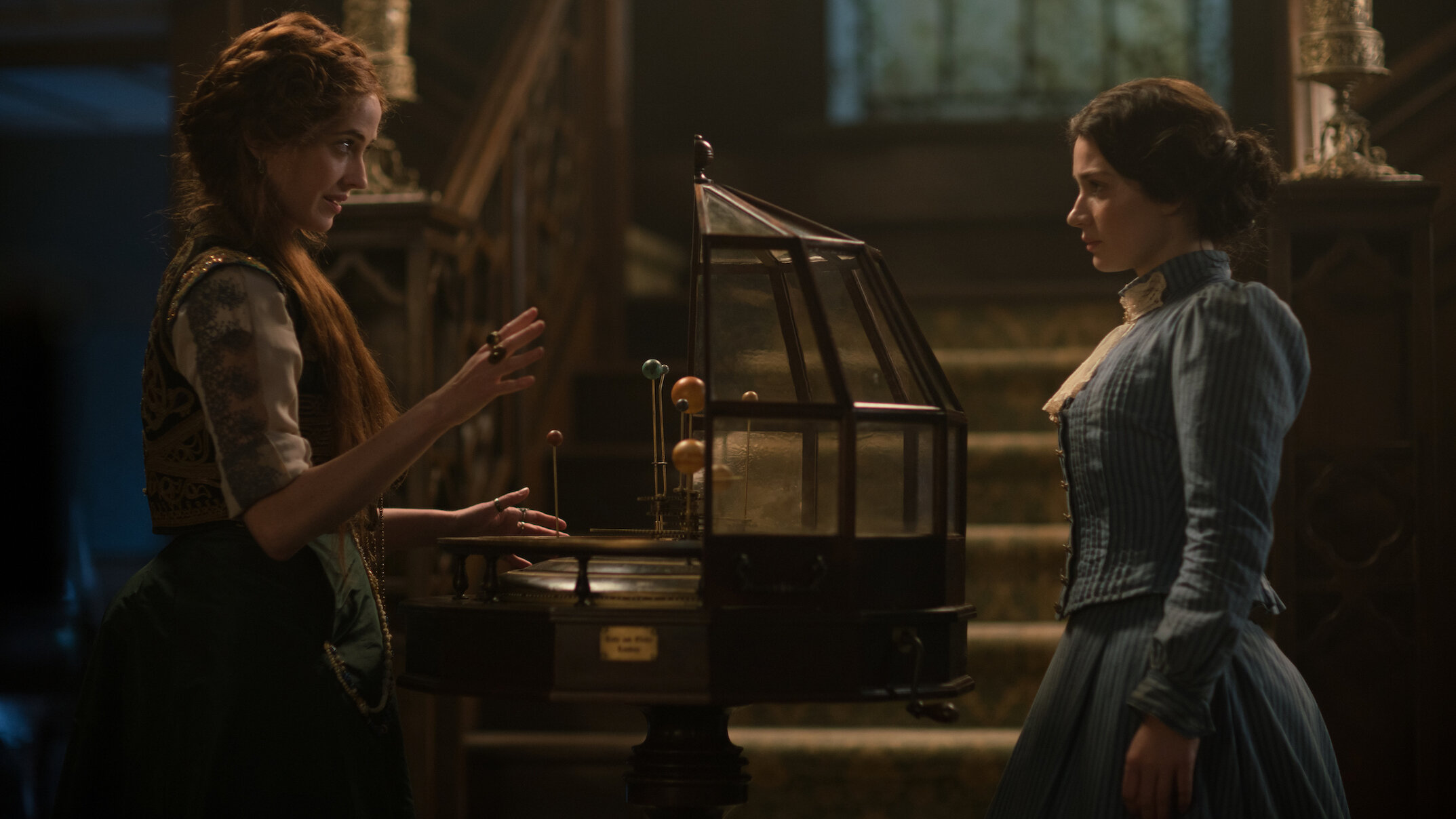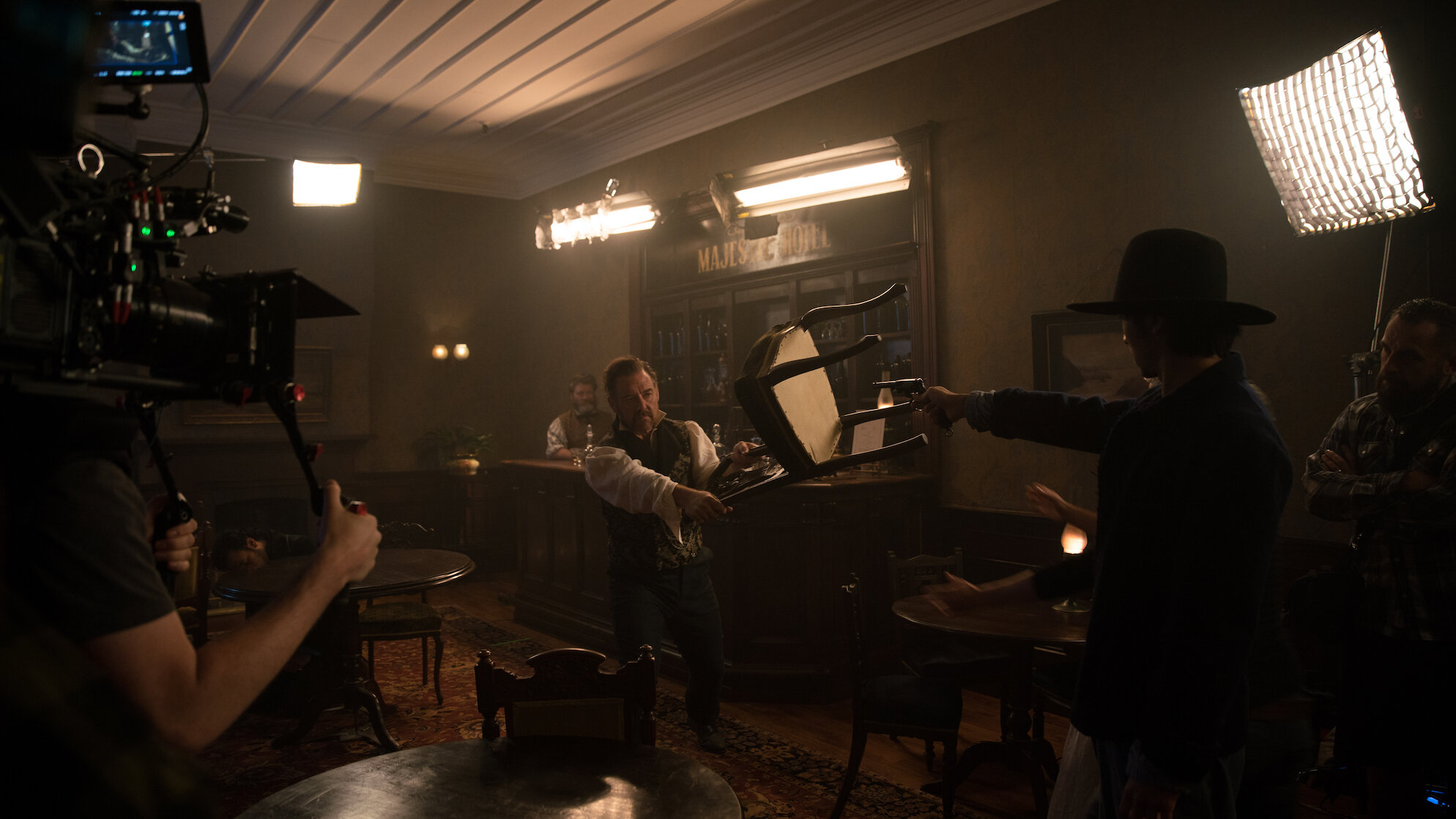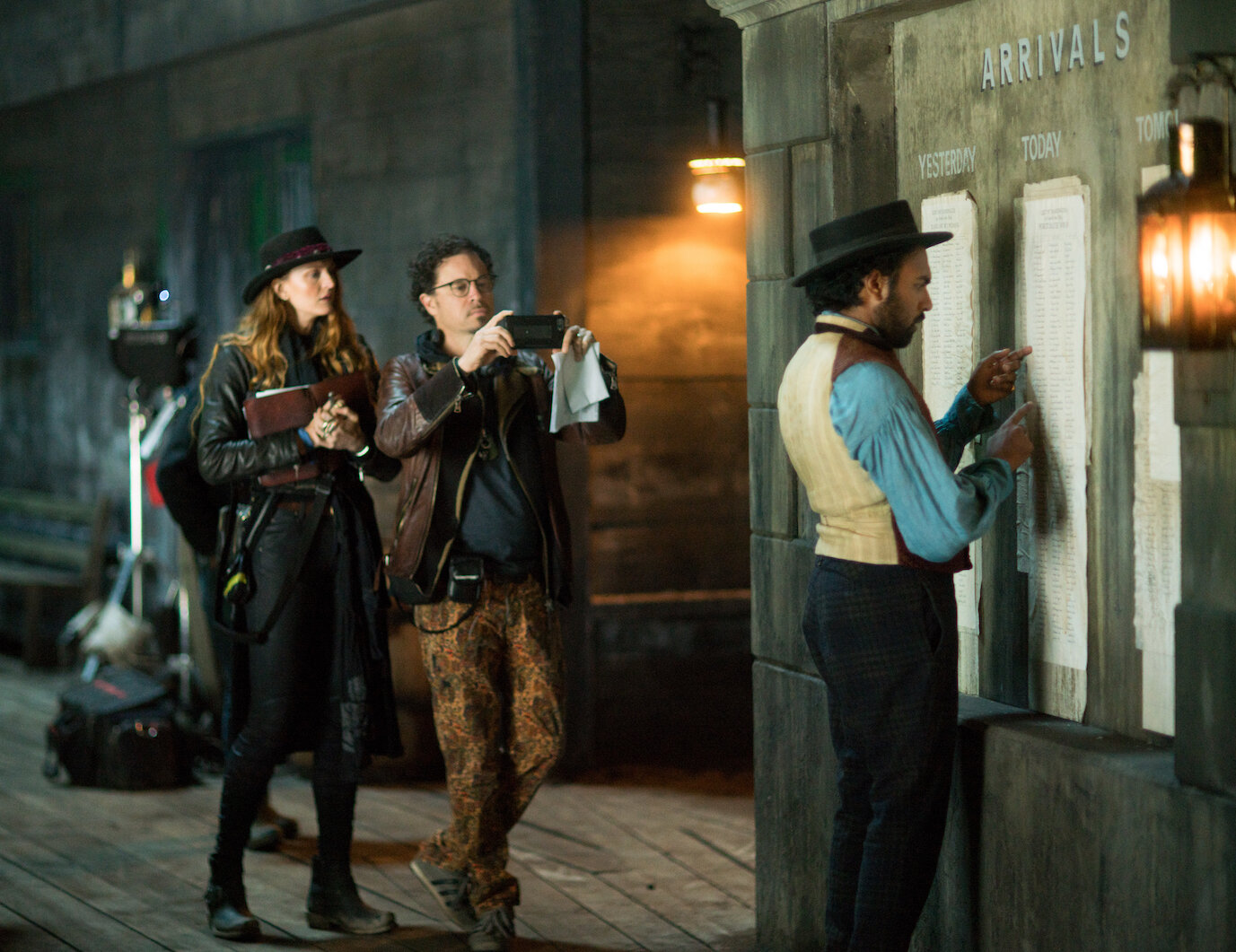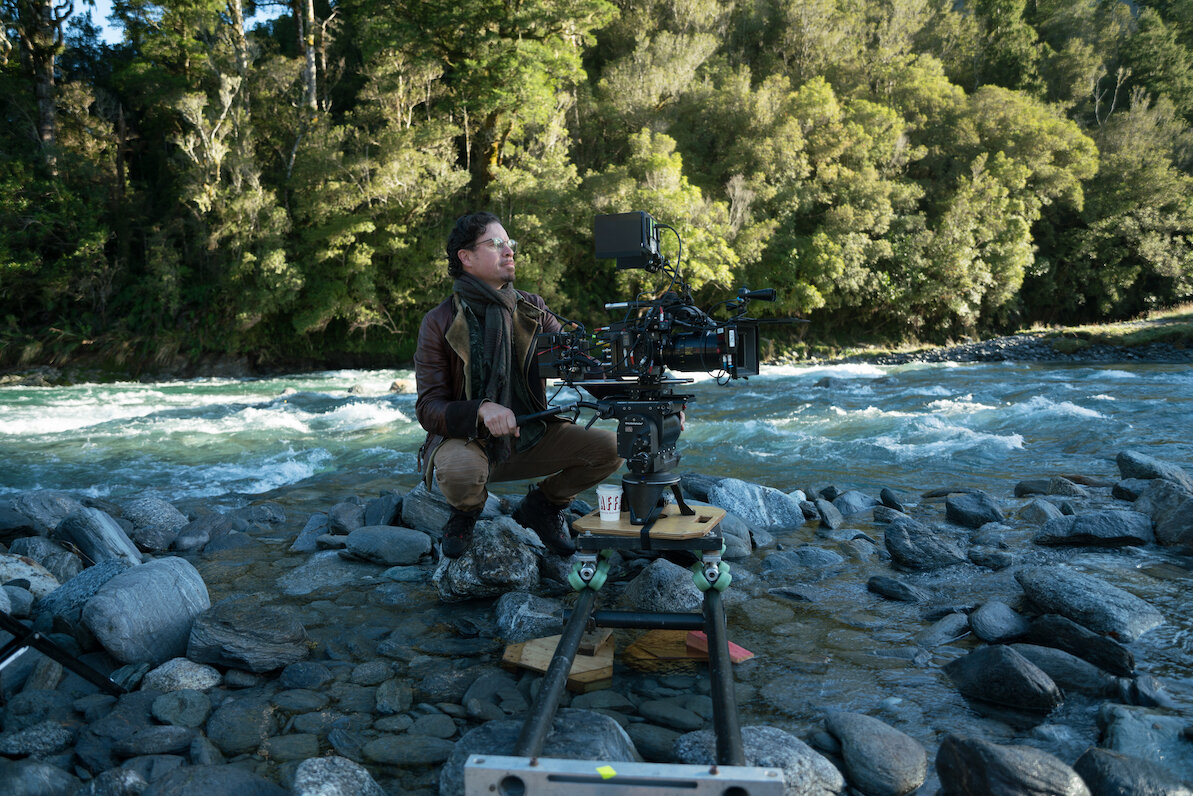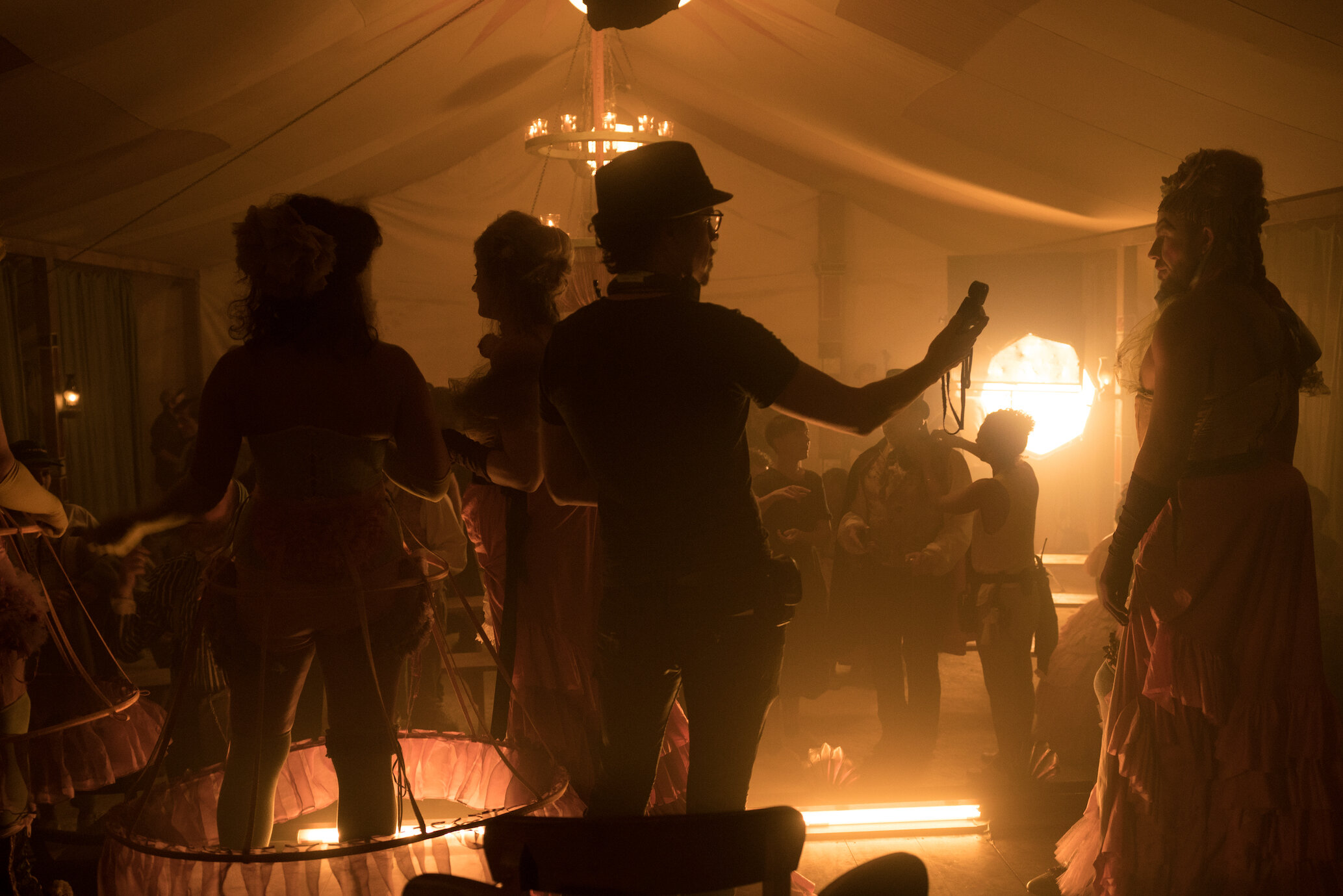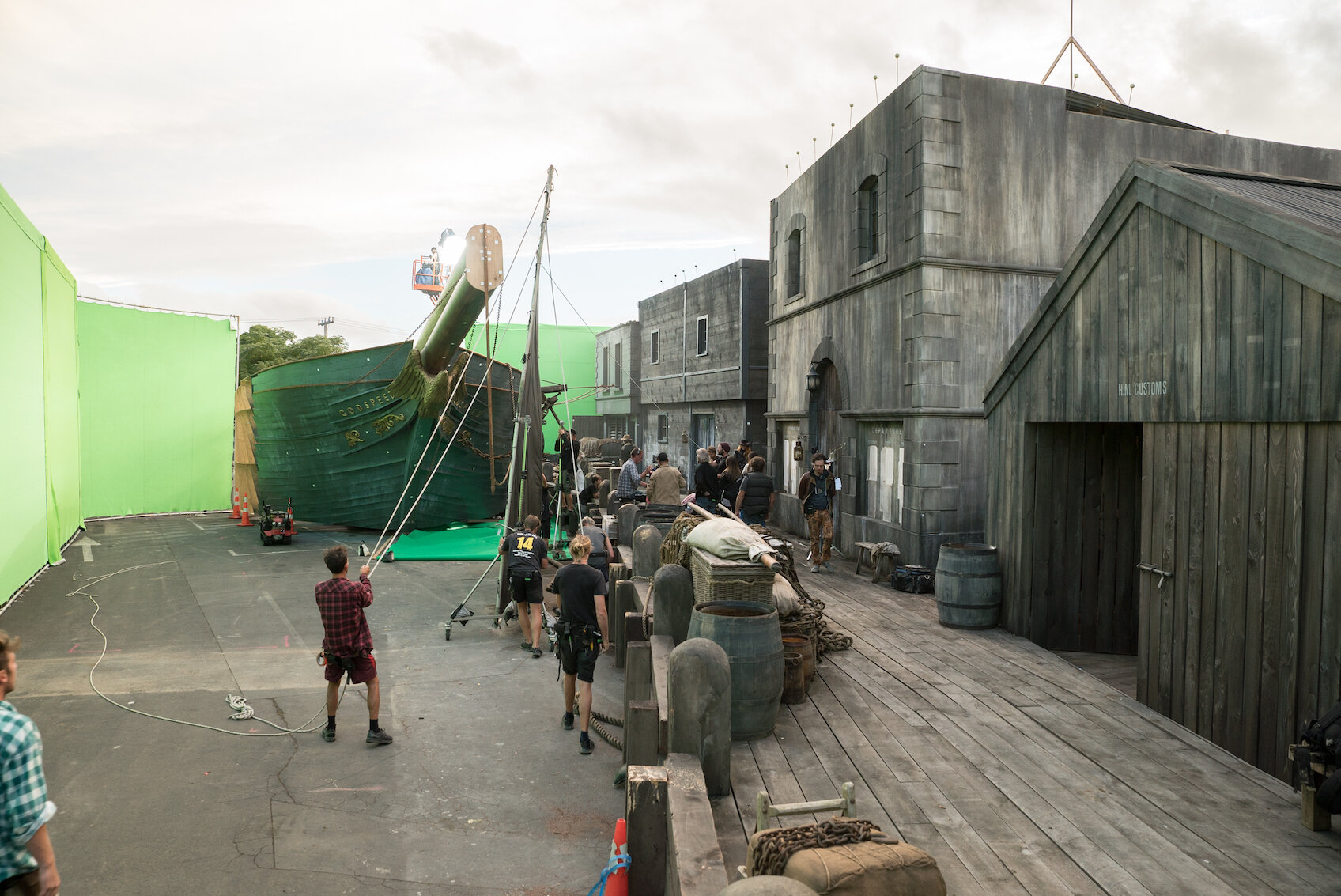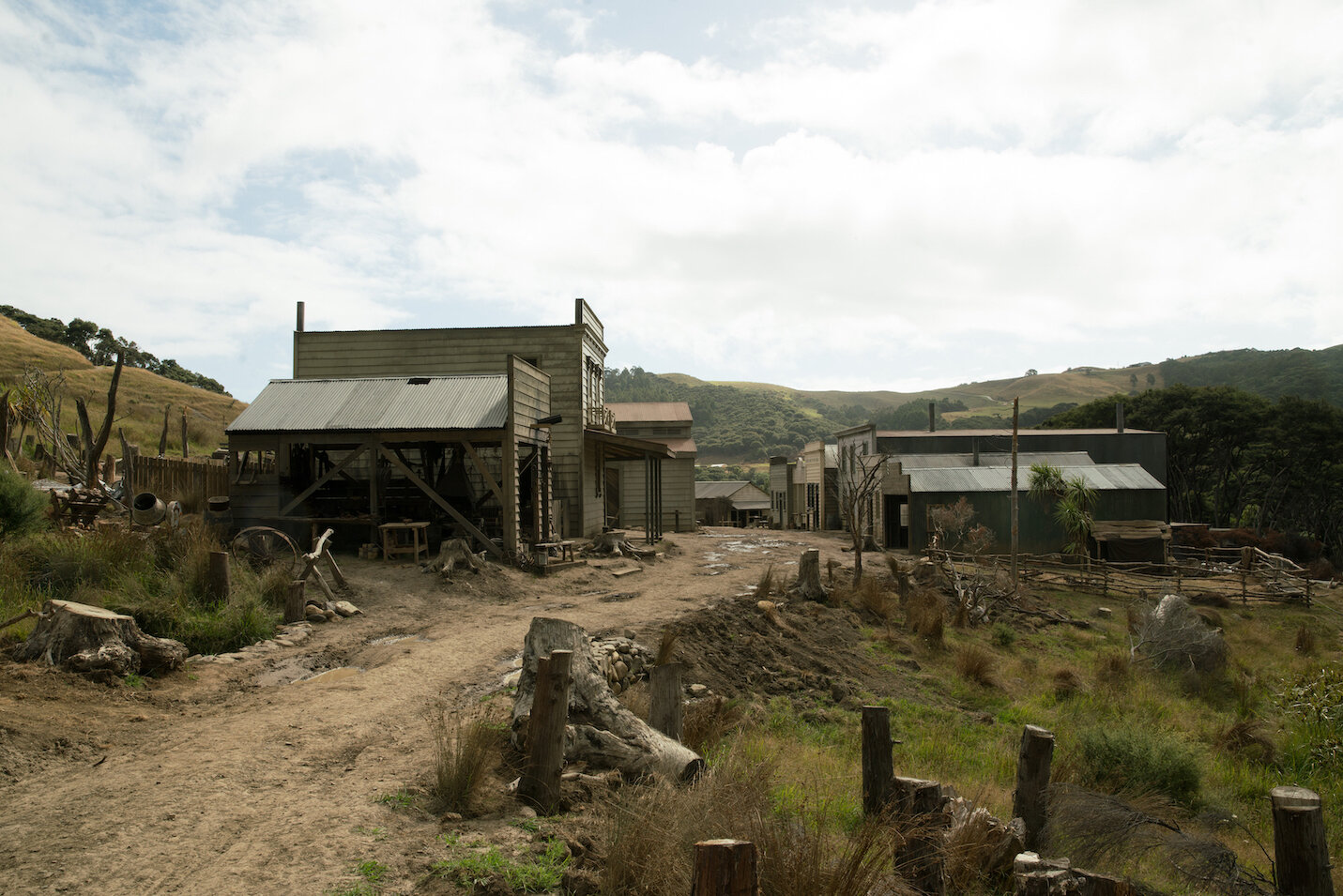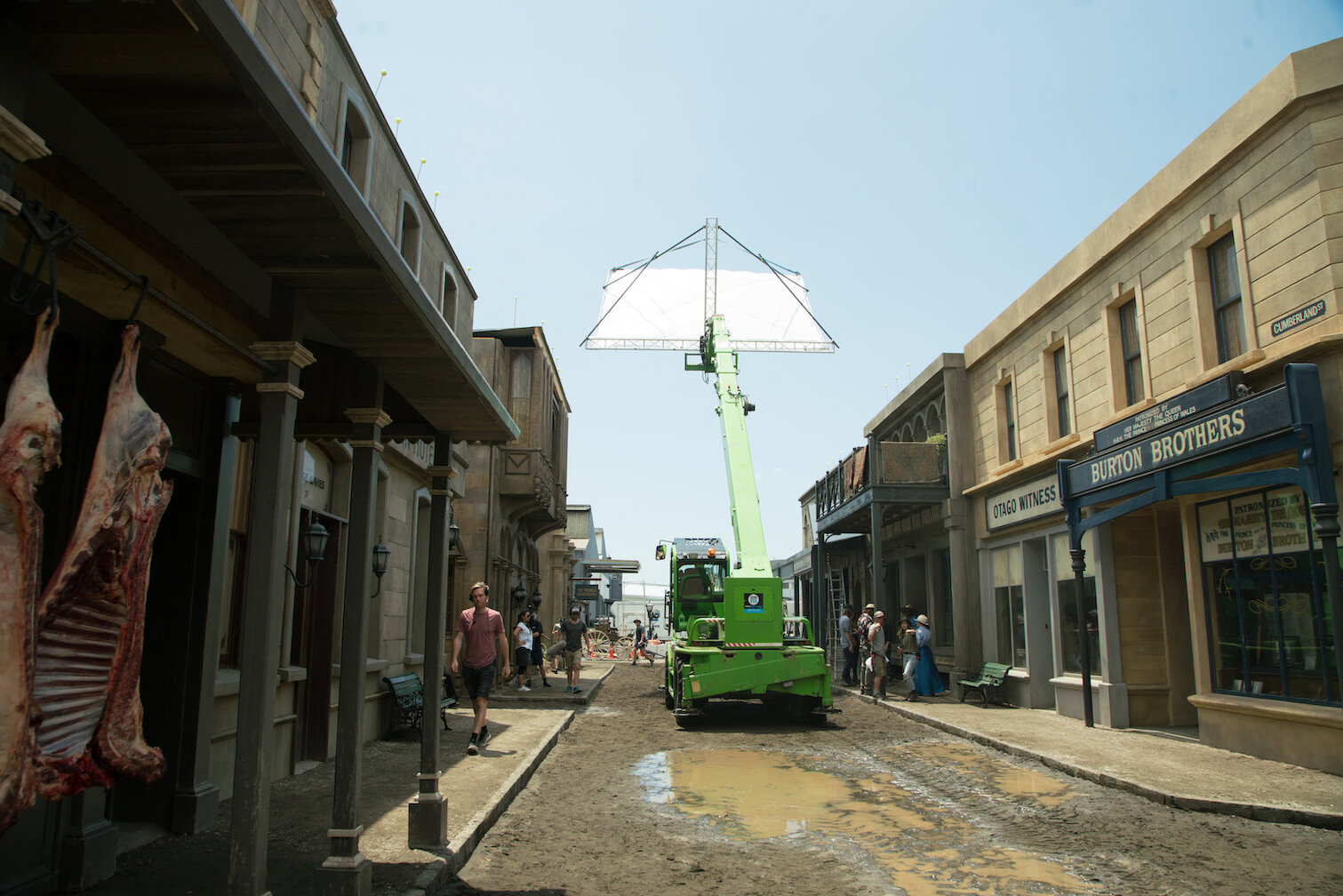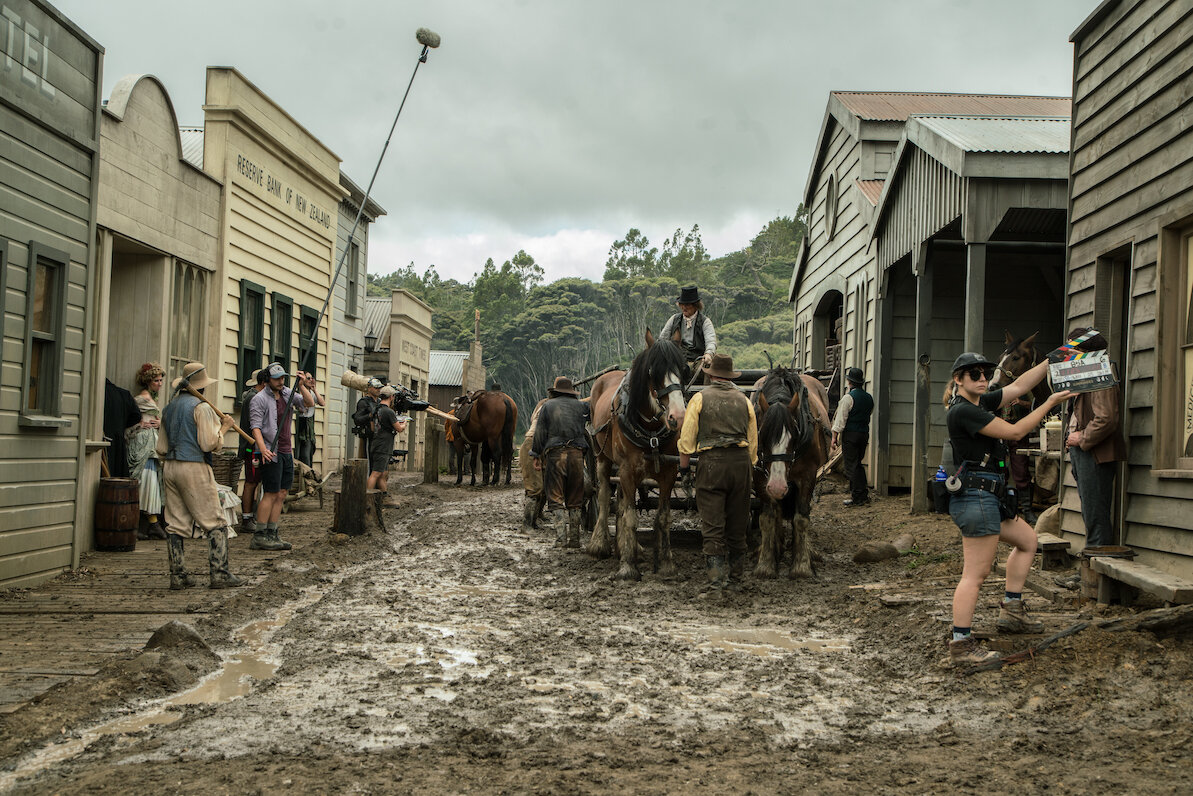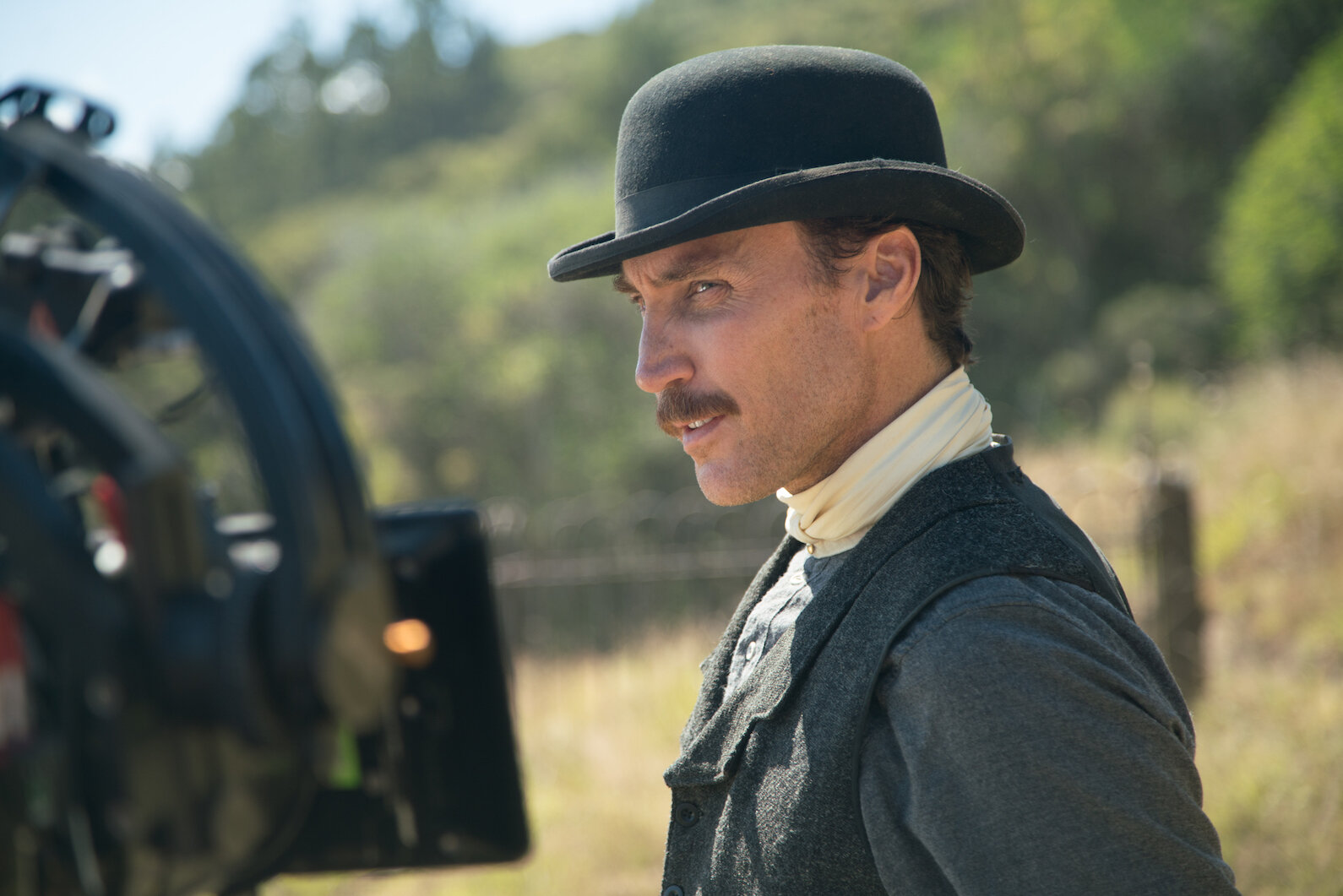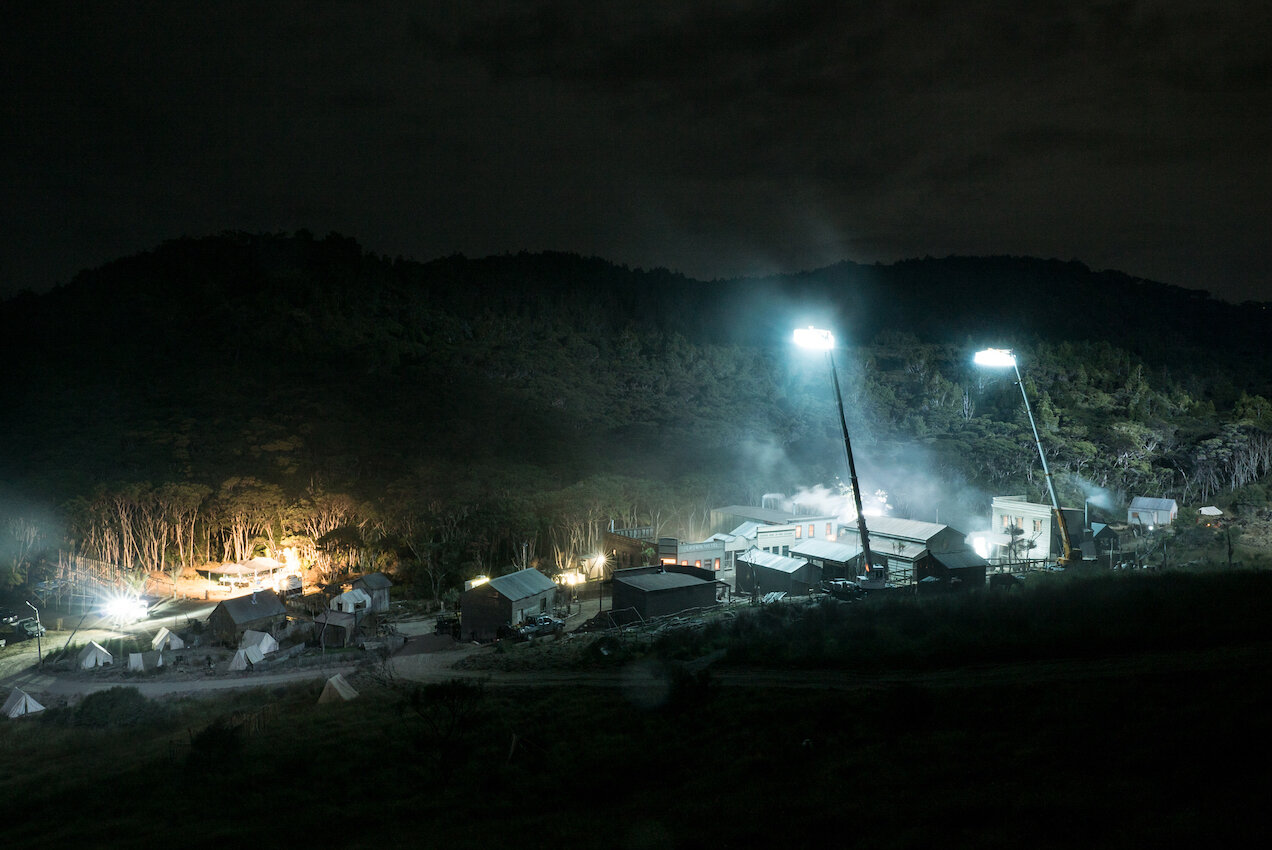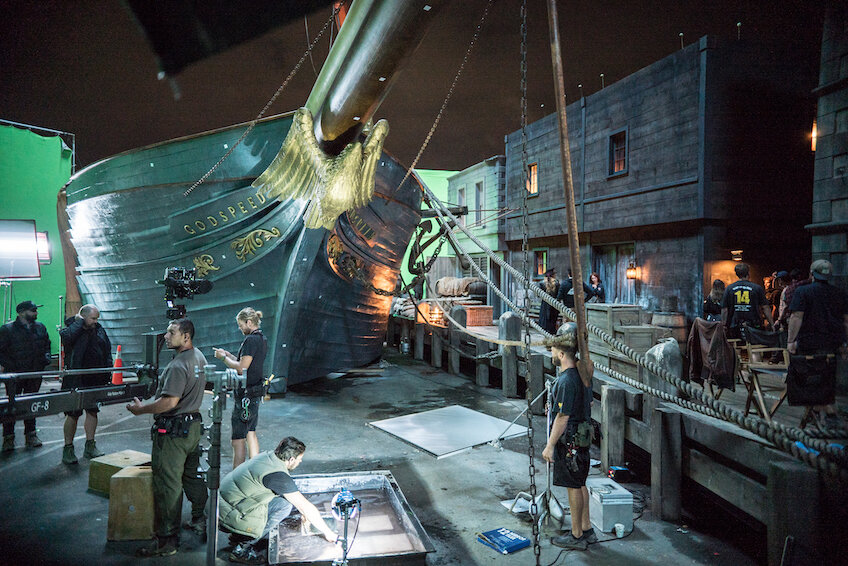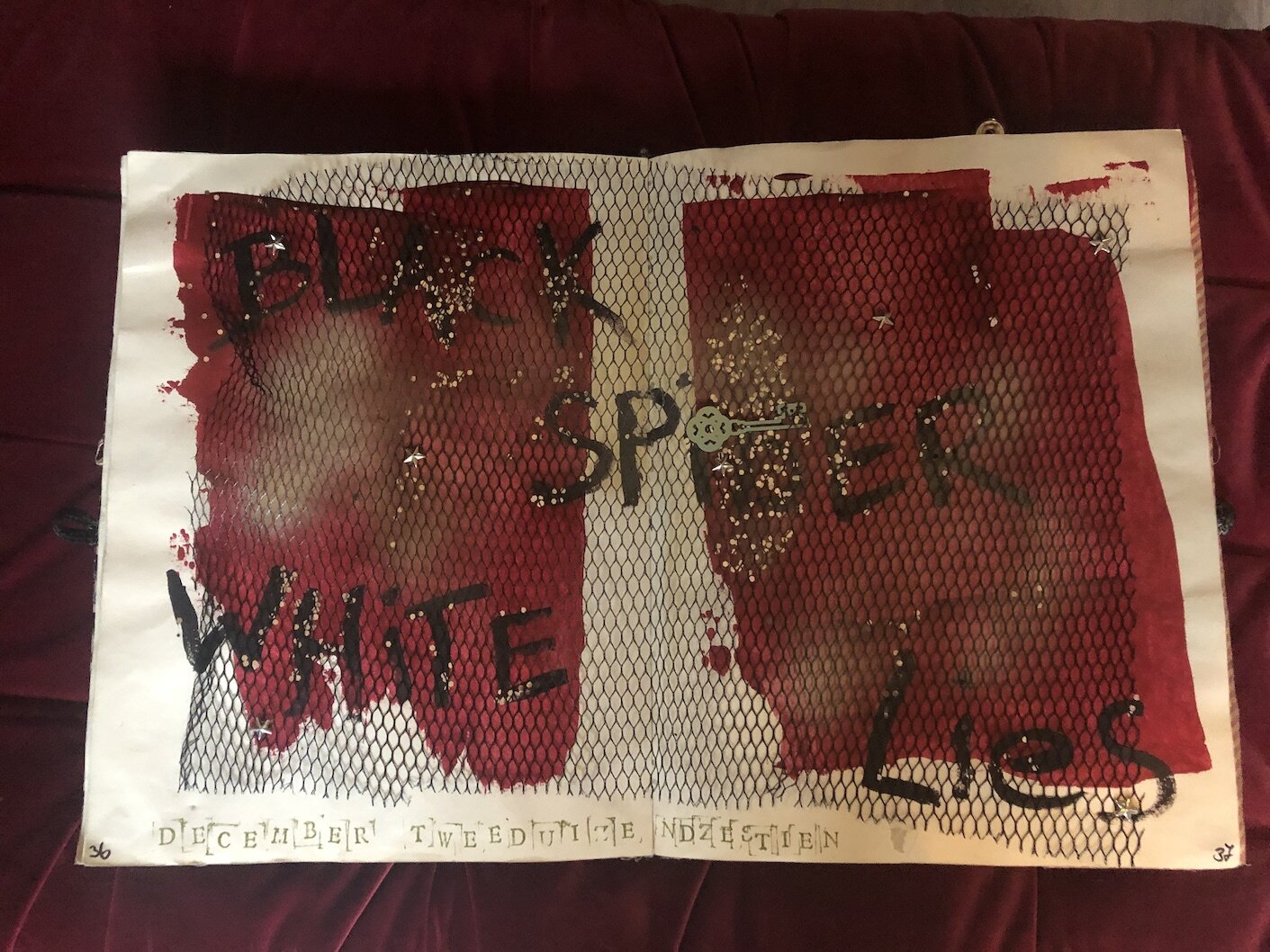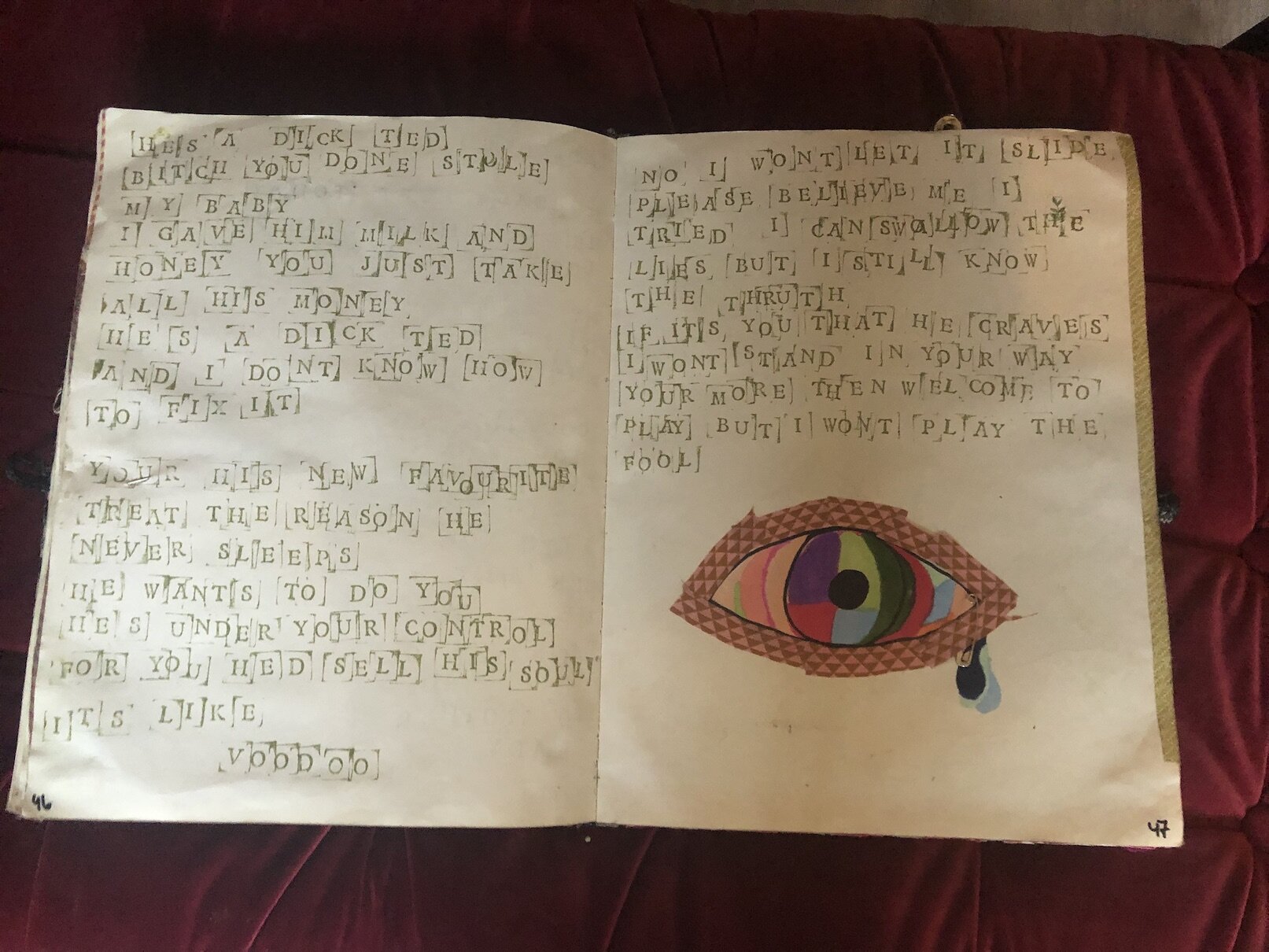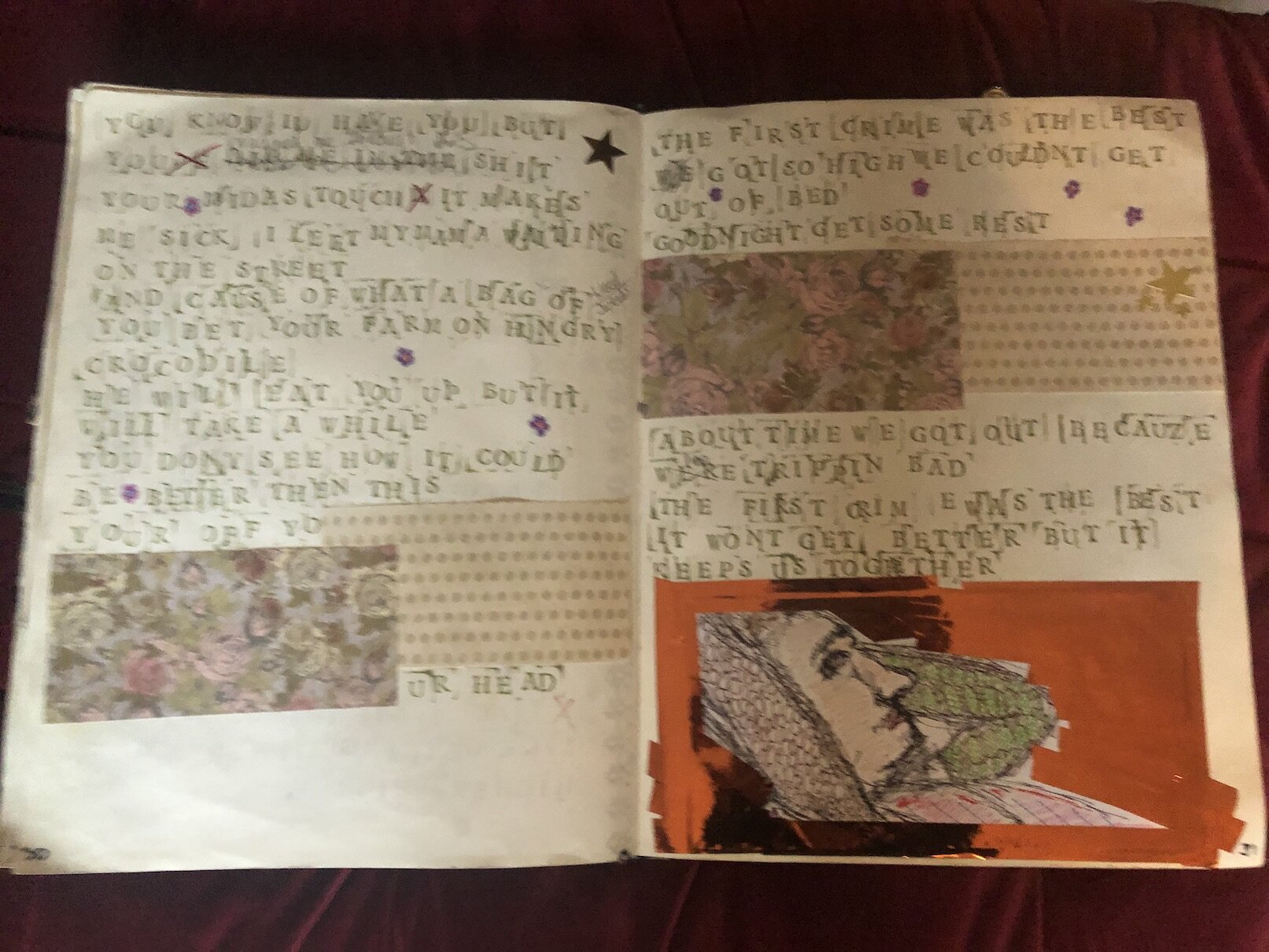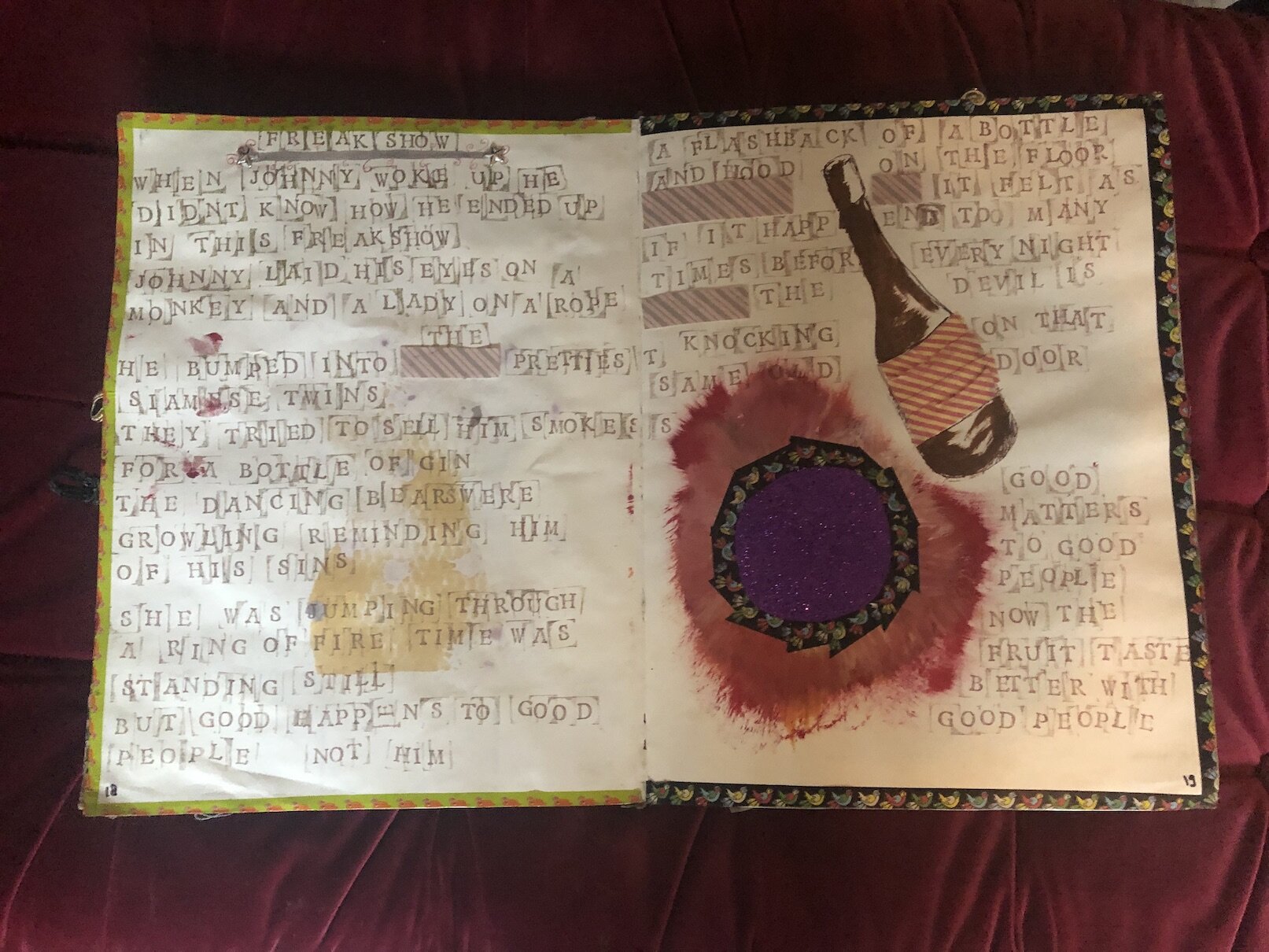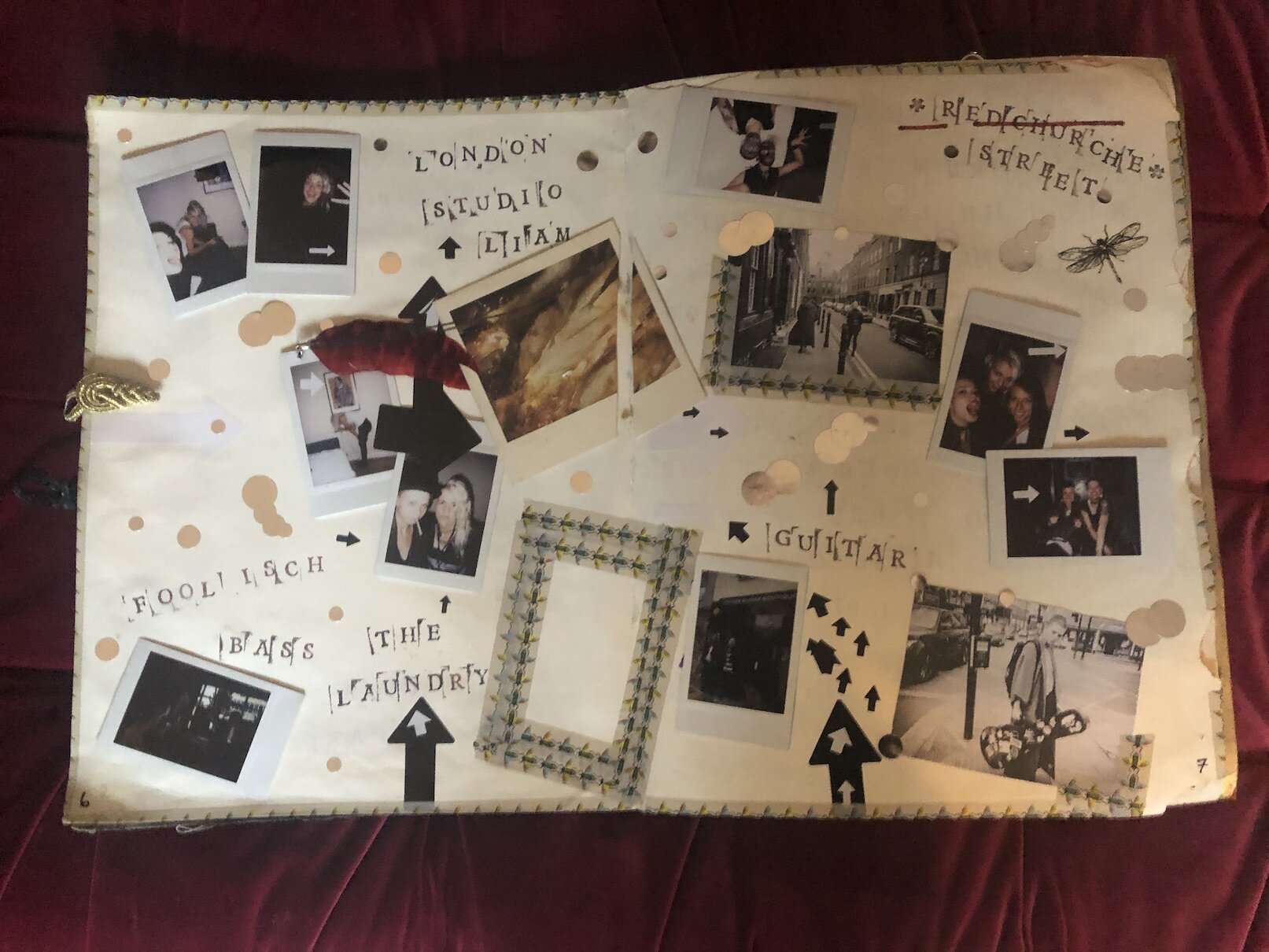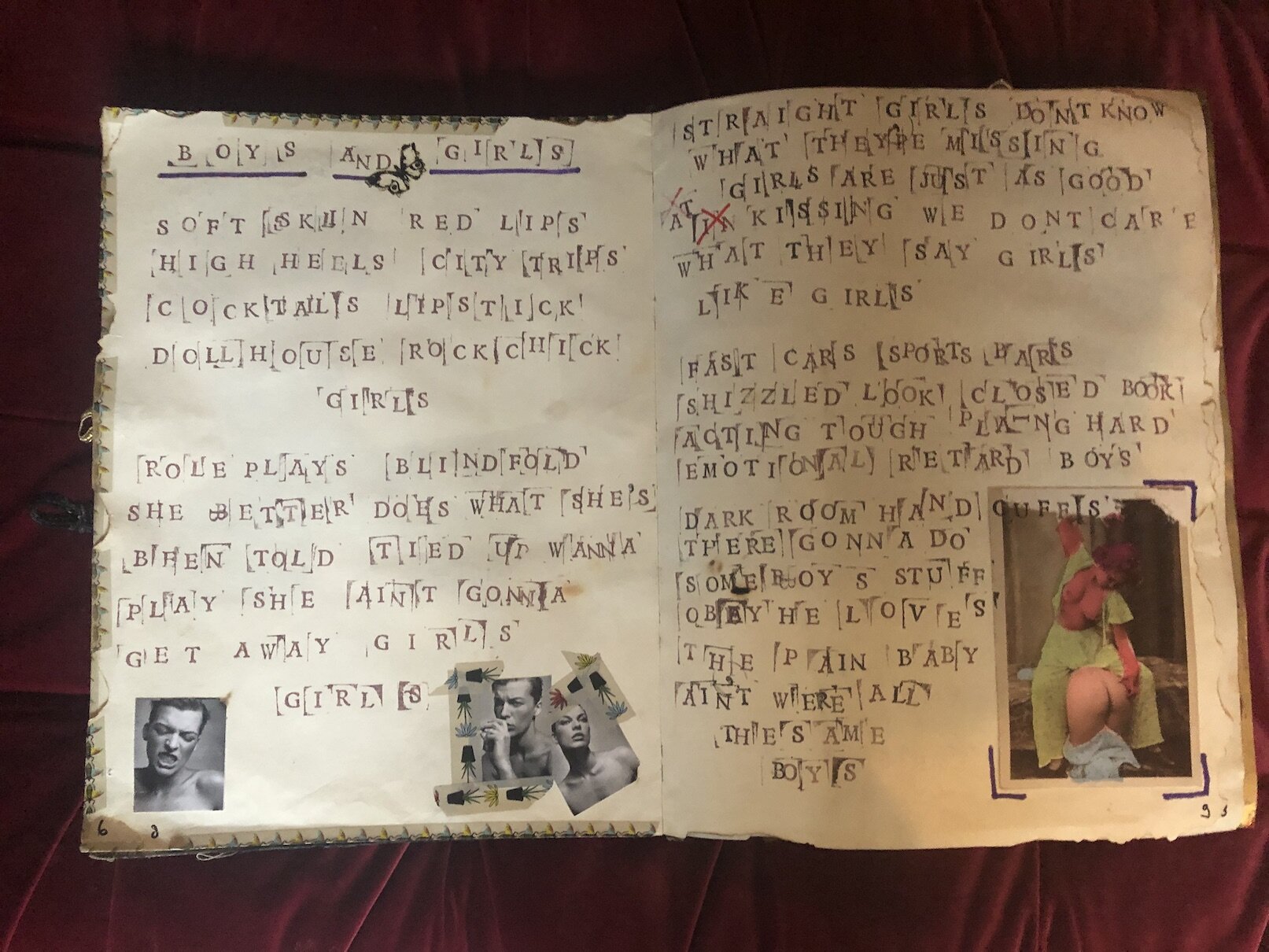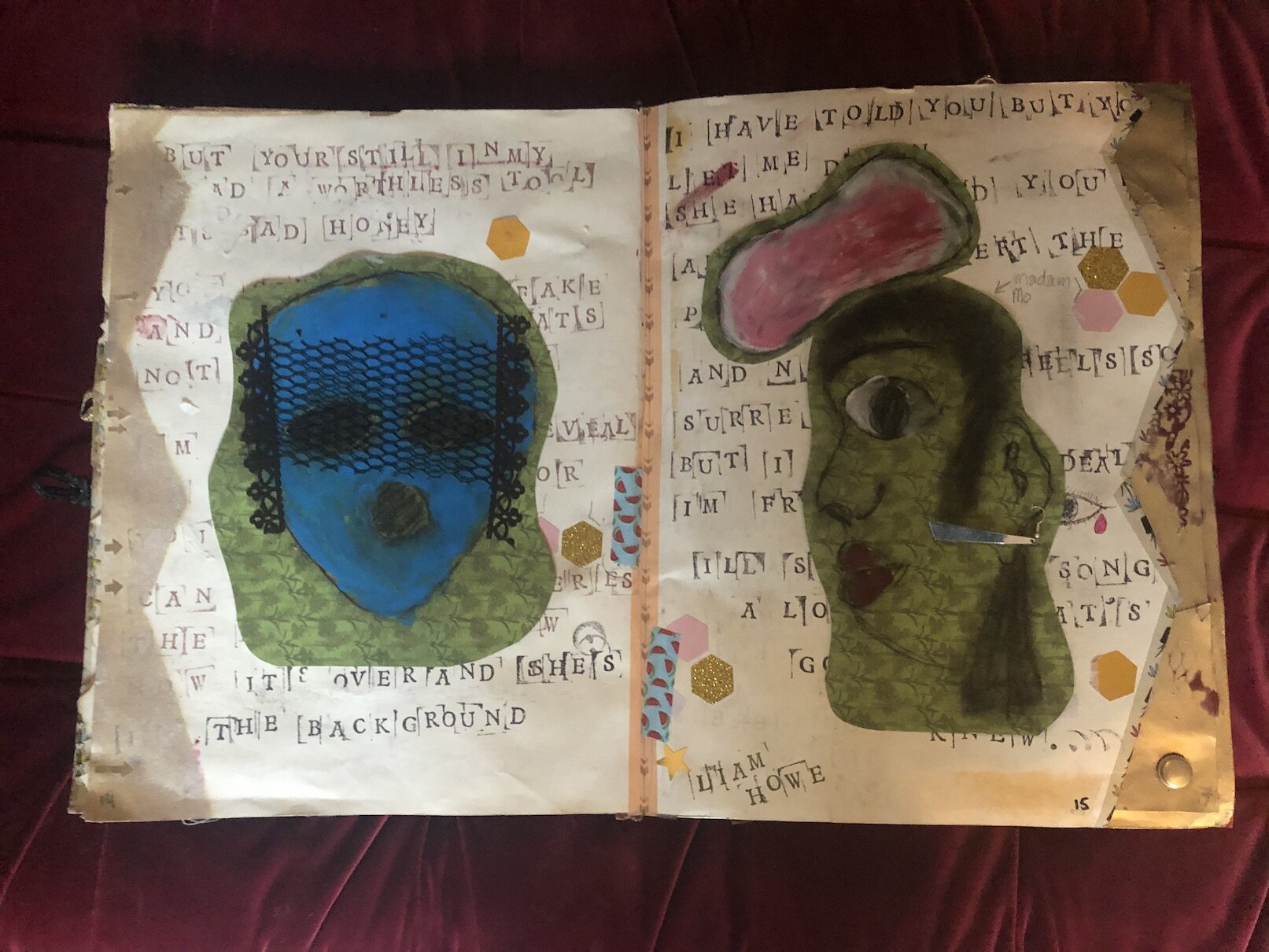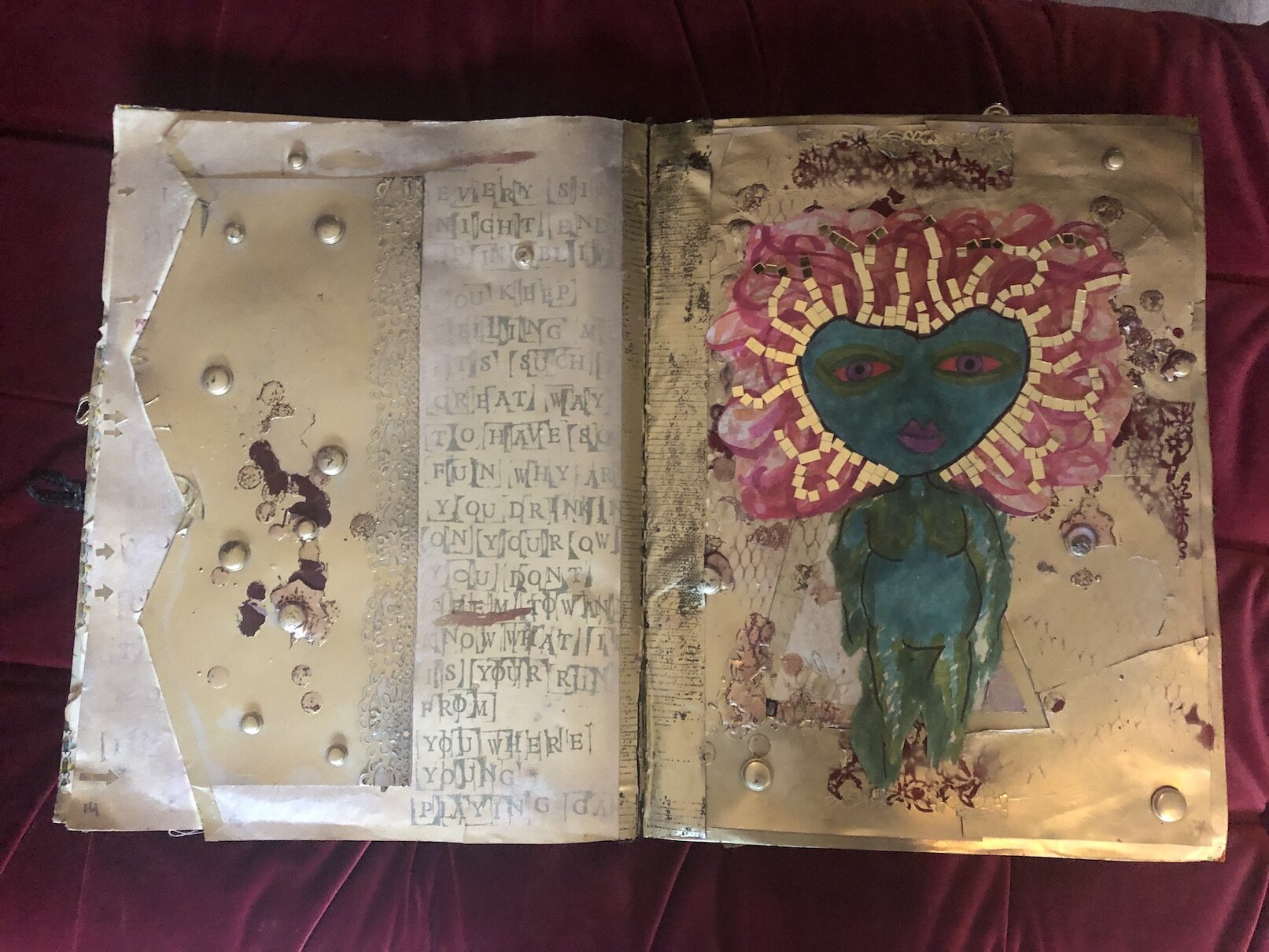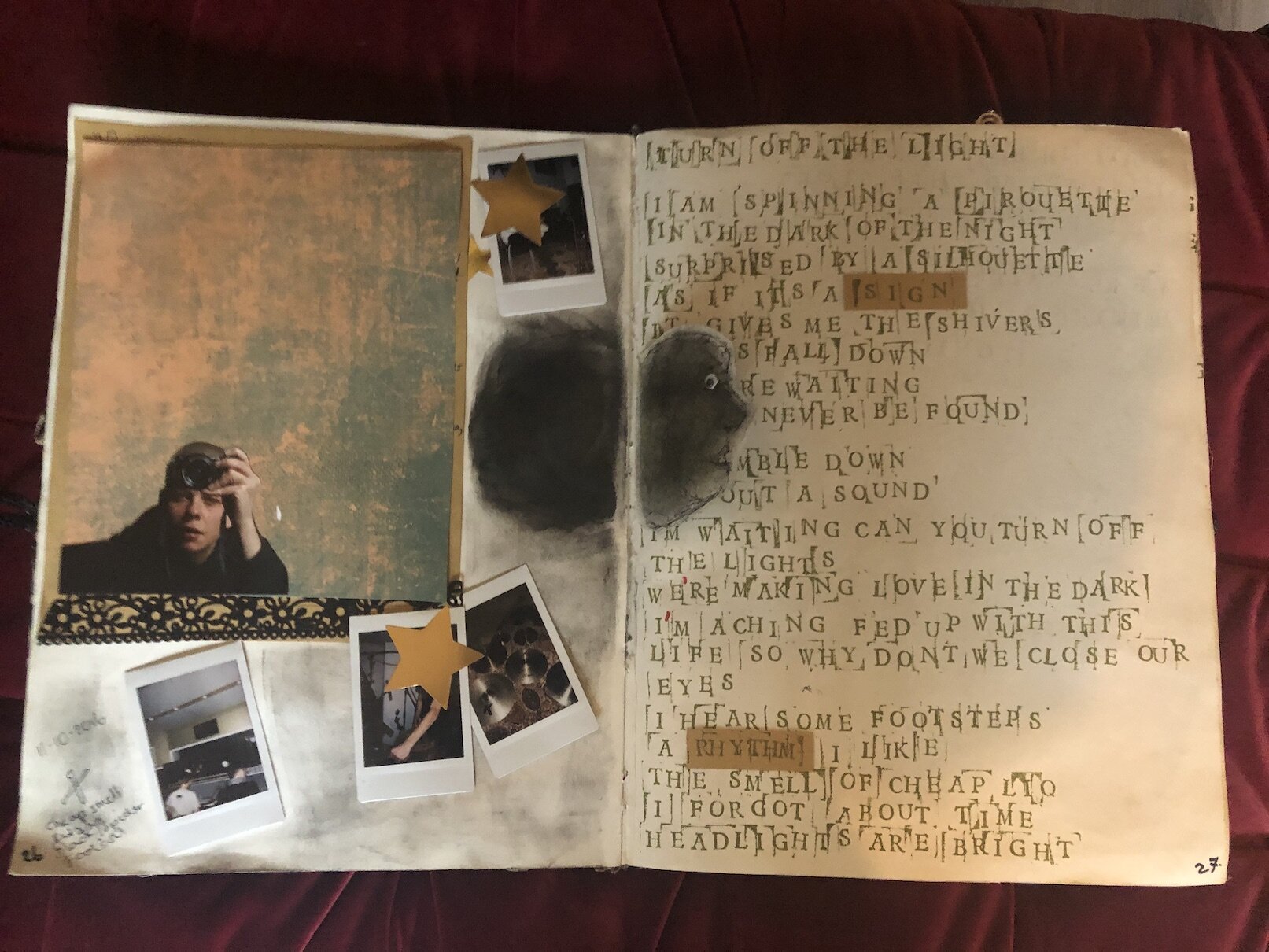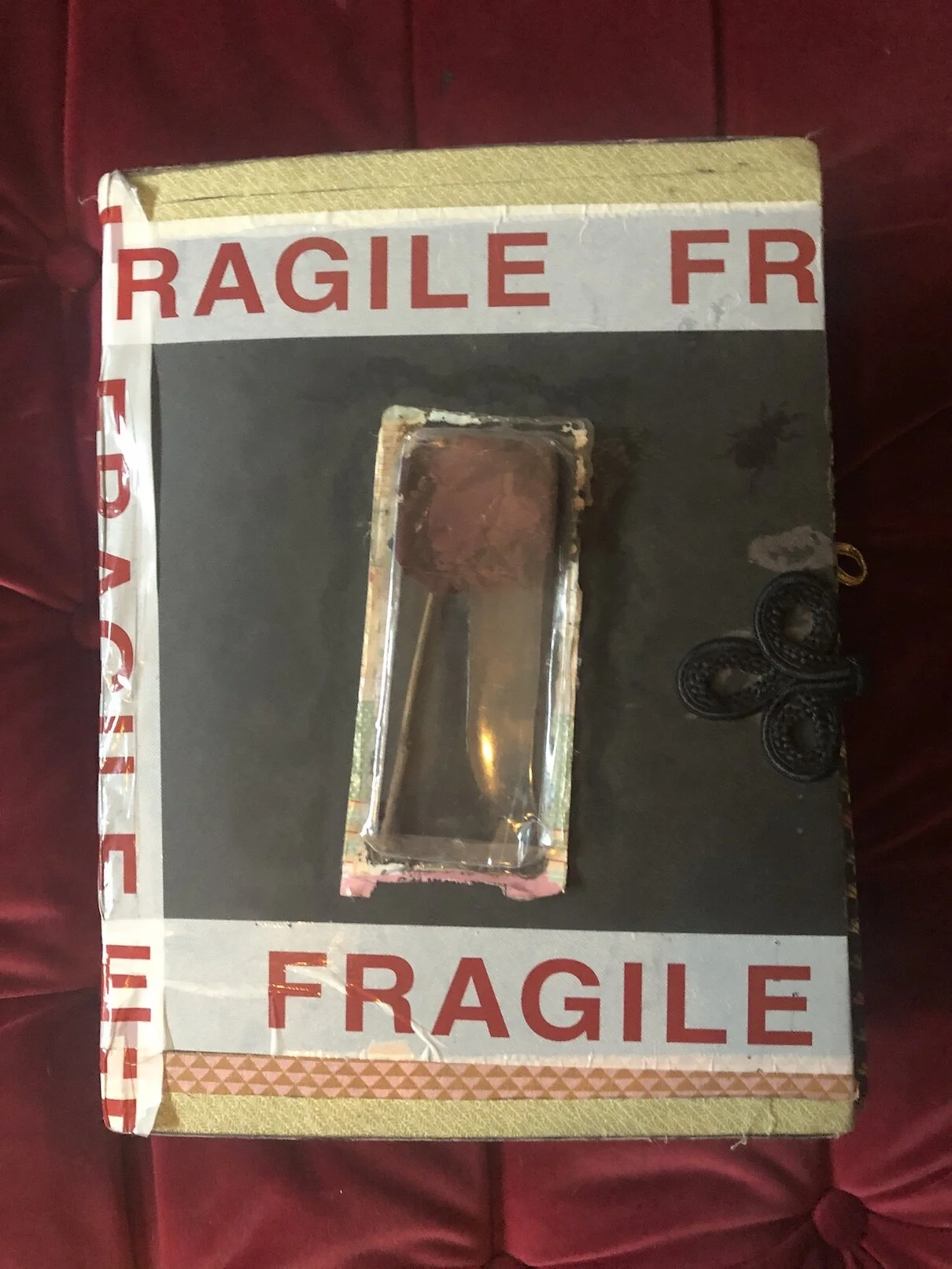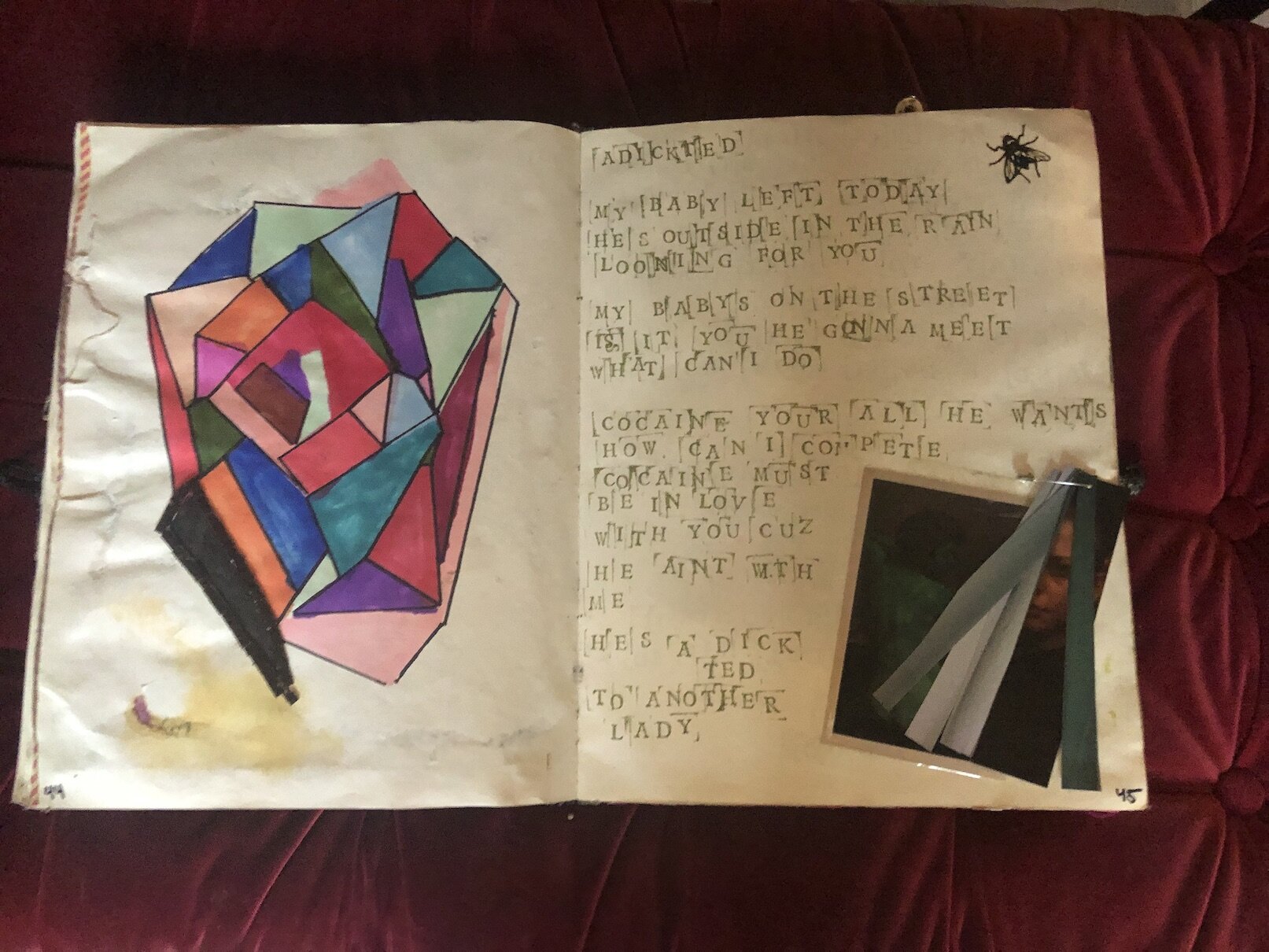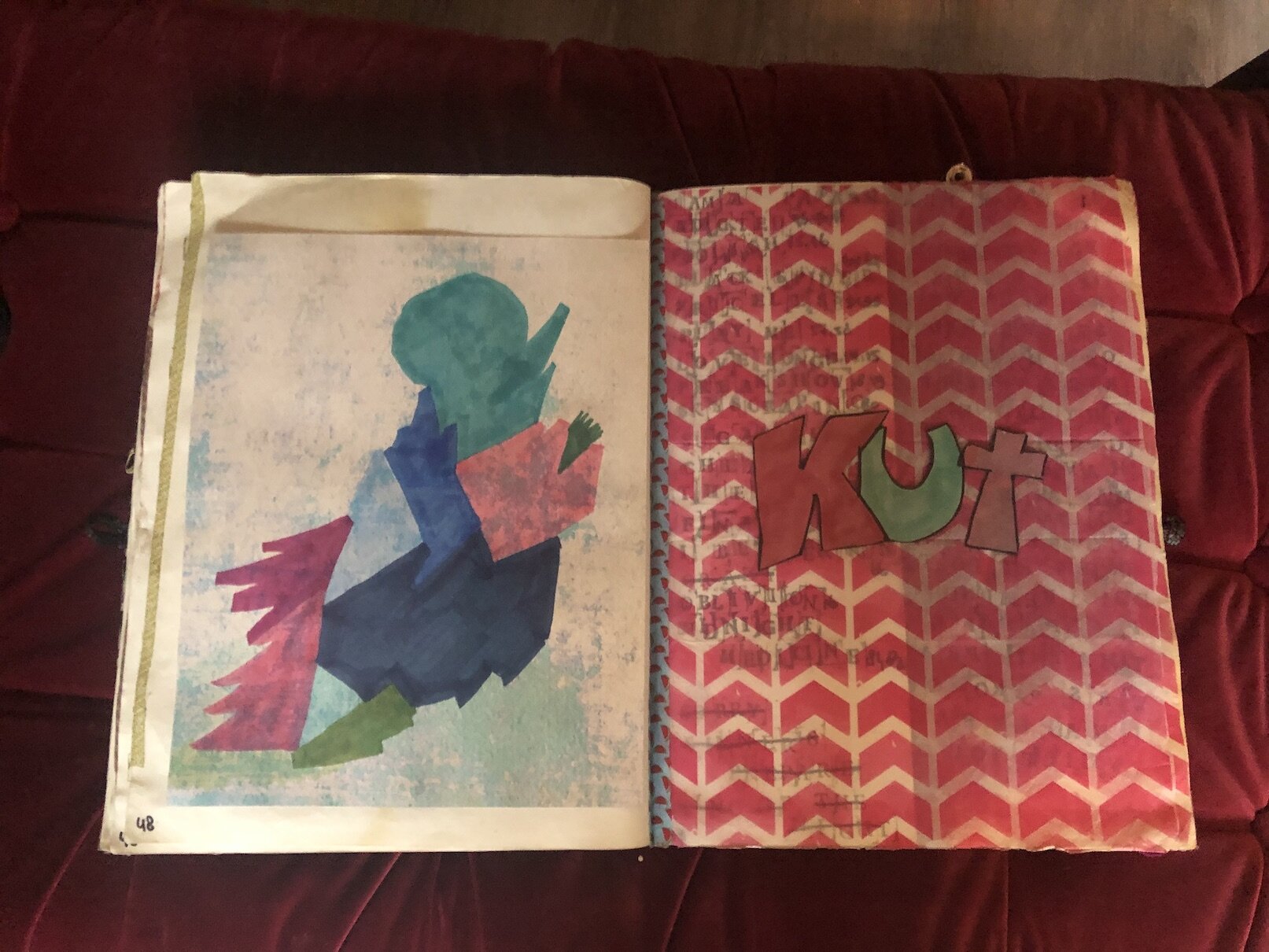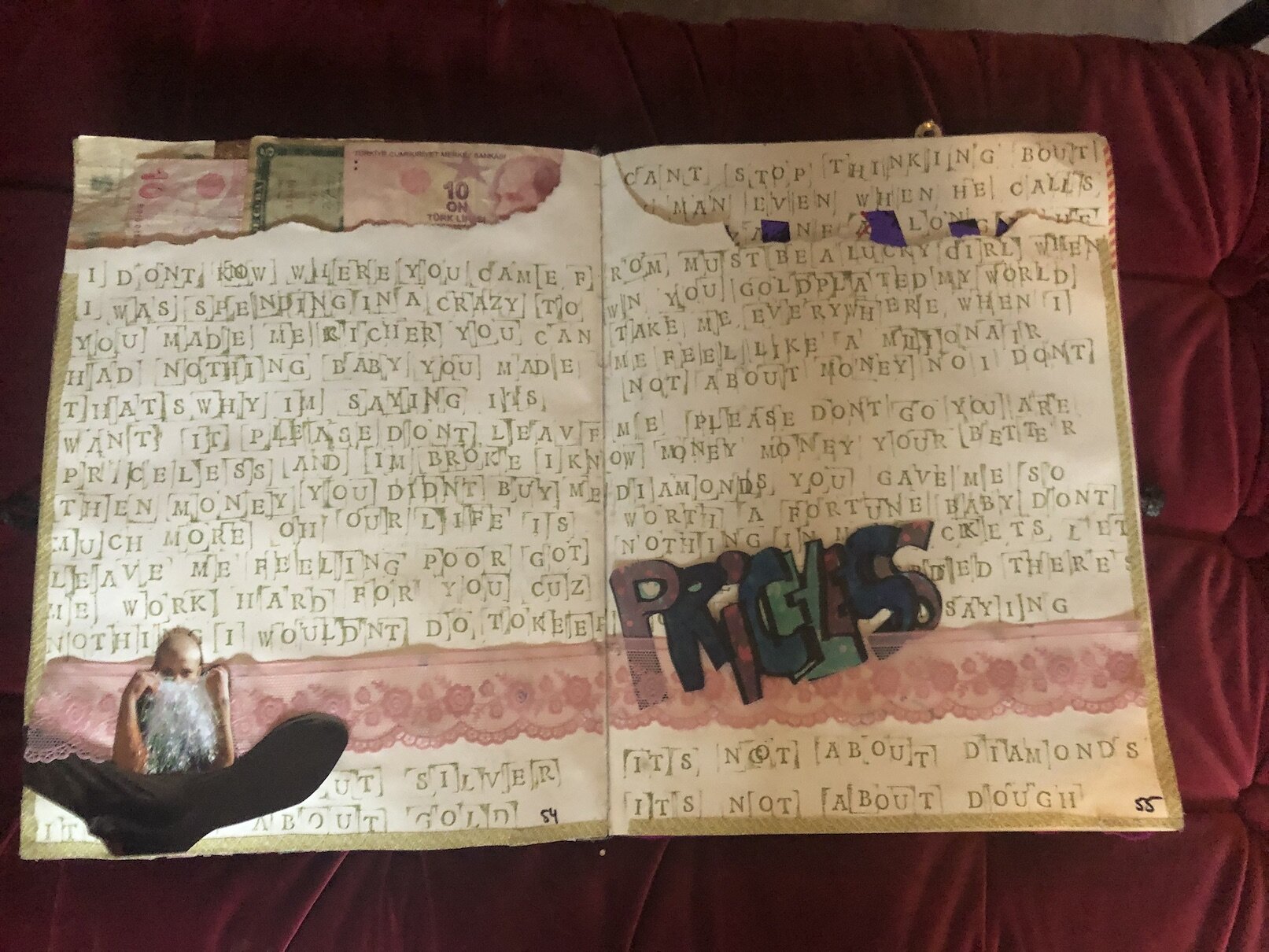VLAD SOKHIN
It's not about money, as my teacher said, "If you want to be rich, go to advertising." It's about lifestyle. It's what you want to achieve, what you want to share with people. And in terms of topics I choose...somehow these topics choose me. I just happen to be there. For example, I moved to Australia, and then I was exploring the neighbouring countries, back in 2011. That's where I found my first big projects that I started working on. And one of them was gender-based violence in Papua New Guinea. So of course, I travel far away, but mostly it's something that is in my neighborhood, around me. And that's where I also encountered later on stories that are related to climate change. I was sent in 2013 to cover deforestation and illegal logging in Papua New Guinea. Australian online media sent me there, The Global Mail. I did one story, I did another for them. And then I thought, oh, it'd be interesting to keep telling these stories and connect the whole region together. And that's how Warm Waters was born.
In Alaska, they're moving villages. There's the village of Newtok. They're relocating the entire village to a new location where they hope that they won't be affected by permafrost thawing and coastal erosion. Those new houses they built, they already built them in such a way that they can be slid somewhere else. So, they have this in mind that you can put them on the slides and then move them somewhere else, easily. The village of Shishmaref in Alaska is where just a few years ago, they voted for the entire relocation of the village, and before they spent millions of dollars building big sea walls, hoping that this would protect them. But it doesn't work. In places like Tuvalu, for example, people also try to immigrate, try to move. It's not only because of climate change, it's also because of overpopulation. It's because of lack of jobs, many things. But climate change is also becoming one of those important factors. And yeah, they move to New Zealand. Tuvaluans try to move to Niue, another Pacific island that is more protected. It's a big volcanic elevated rock in the middle of the ocean, and they face the other problem of depopulation. There, people have New Zealand citizenship, so they move to New Zealand and nobody wants to stay there. So, these are interesting shifts and migrations we can see in the Pacific. But many of them now are associated with climate change, especially in tiny atolls, because the people there are most affected.
I'm sure there are some people who deny climate change, they have different reasons. And now I think, of course, every Pacific Islander who lives on this front line of climate change, they wouldn't say it doesn't exist. They see it every day. But also they have the understanding that some of the processes are also natural, or man-made, which makes effects of climate change more visible. You know, they feel more. But it's started by men. In Kiribati, there was an island in the middle of the lagoon. And then they started creating causeways, building roads between little islets, and the water flow changed and that island disappeared. And then people start with the same, "climate change, climate change, sea level rise," which it is not. So it's good to understand: this is what we do; this is what climate change does. Right? And how humans are involved in that.
THE CREATIVE PROCESS
And I'm curious also about your childhood, your upbringing, what drew you to your journey towards photography and why you decided that that would be your lens to tell these stories, as opposed to some other way of telling stories or engaging politically?
SOKHIN
Well, first of all, I'm trying to stay away from politics. I'm speaking generally without saying names. I'm trying to stay as far from politics as possible.This is not my thing. Photography is a natural thing. I'm a visual person. I like to see, I connect through it. But I'm not one of those photographers who always walk with the cameras, as well. If I work, I take my camera. If I don't, I like to enjoy life and take photos with my eyes. They inspire me. But, I do it every day. So for me, it was a natural choice. I just chose this path. Because, I do write as well. And for me, writing is also a way, especially if I accompany my story, but it's not as expressive as visual storytelling.
THE CREATIVE PROCESS
And in these societies there are, you know, they're vastly different, some of them, but from things that we understand, whether it's rituals or superstitions or being less inclusive in terms of gender preference. There's a lot of different customs and things that you're navigating, but what do you find are some universal truths that have ignited your experiences?
SOKHIN
The universal truth is probably: there is good and bad. That's the universal truth. Believing in witchcraft, for example. In some societies they do believe in it, in some they don't believe. But, in some societies you are a Democrat, and you're a Republican. And for those people, it's witchcraft as well. So it depends on the point of view. Good and bad is a division, and then people are divided. They believe that there is a duality that exists, that this is "me" and this is "other." In fact, there's no other. That's when I talk about changing the way you think, about climate change, about yourself. There is no other. It's not the "other" country, or these "primitive people," as some call them. No, it's us, as well; it's like your leg, or your finger. But humanity is one organism. If we understand that, there will be way less problems in the world. Some people are still in this stage of development. But, would you blame, let's say, your child for trying to walk and walking a little bit wobbly? No, just give it time. Papua New Guinea was a very remote country, isolated from the rest of the world. They didn't have universities. And then recently, suddenly they were introduced to the Western way of life. It's not better or worse, the way of life that they lived before. It's just different. So, when we introduce it, and we introduce it very fast, people may not be ready for that. That's it. We just need to understand that.
And I'm not saying that they are less developed, it is not that. It's like: there is yellow color; there's blue. Why is blue not yellow? Because it's blue. That's it. And that's what was with them. They just live differently. And now, there's a lot of people trying to reconnect. There's the thinking, "Ah, what do the elders say?" In the United States of America, or in Australia, every new big thing– they now call their native people, and they ask them, "Why don't you do a ceremony to call the spirits?" Now, it's changing. Now, they tap into this truth, to this, let's say, ancient knowledge, that probably people would forget. Now the governments invite these people. I've been to many festivals in Sydney that start with inviting Aboriginal people to do a water blessing ceremony. So, it becomes part of the shifting of awareness: your way of life is different from ours, it's not worse or better, it's just different. So, let's also include it in the way we live and share and exchange.
This interview was conducted by Mia Funk with the participation of collaborating universities and students. Associate Interviews Producer on this podcast was Khrystyna Tsunyak. Digital Media Coordinator is Yu Young Lee. “Winter Time” was composed by Nikolas Anadolis and performed by the Athenian Trio.
Mia Funk is an artist, interviewer and founder of The Creative Process.













